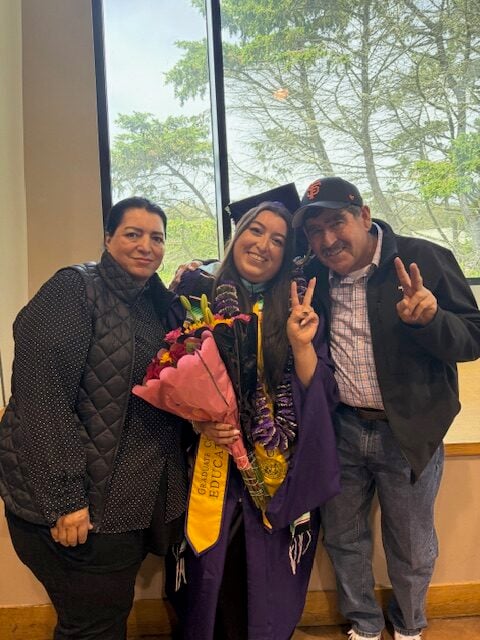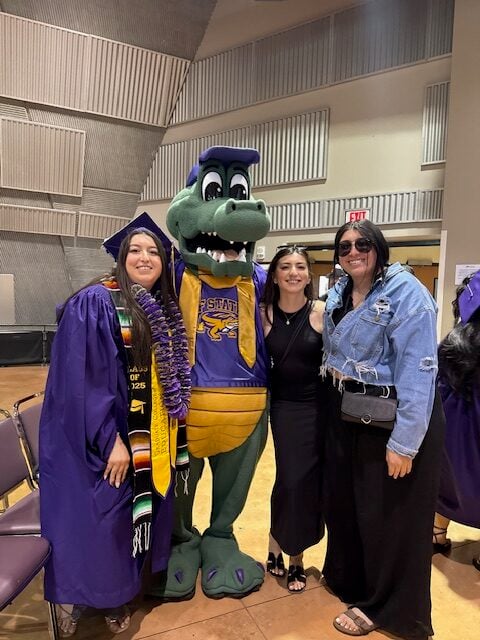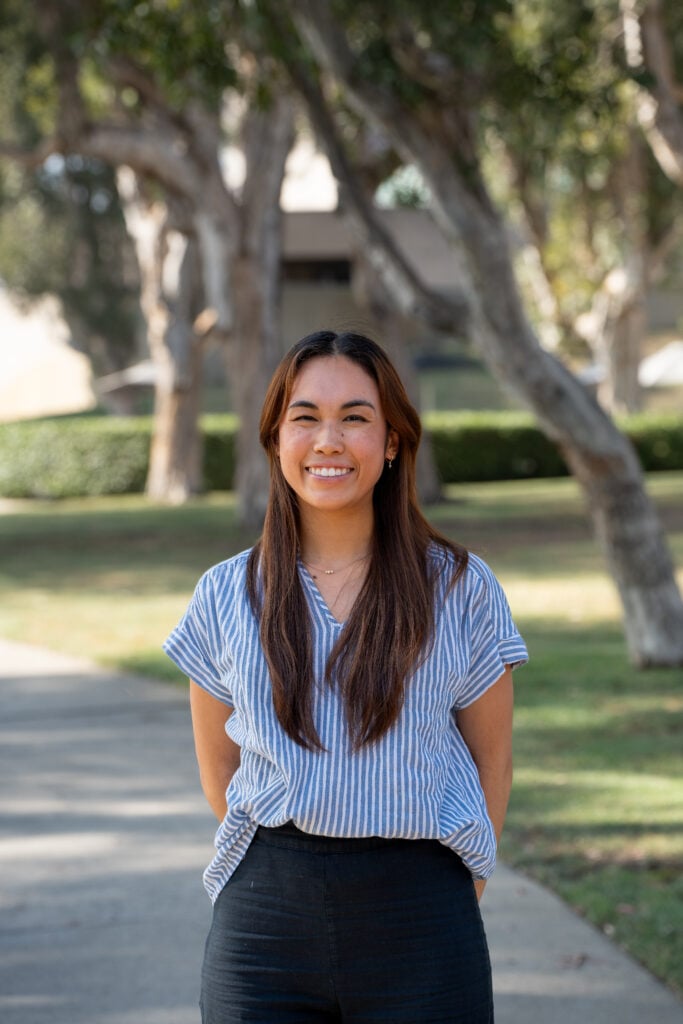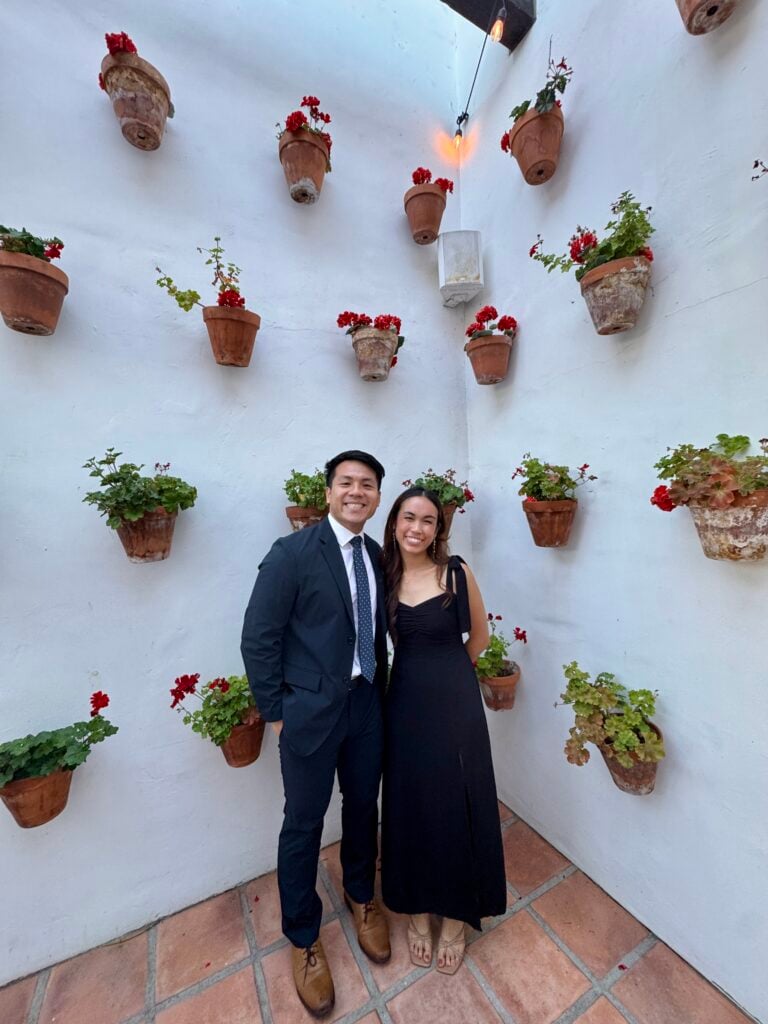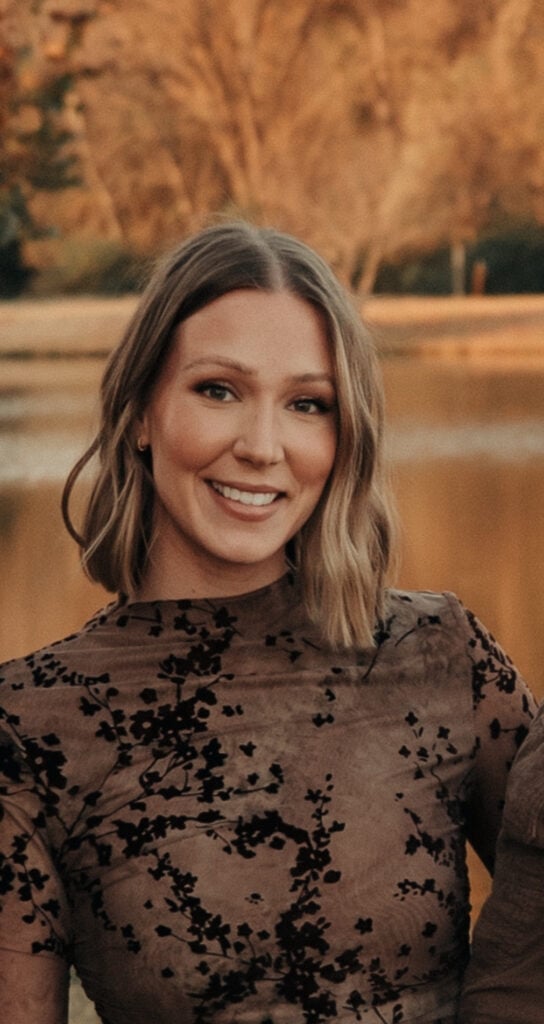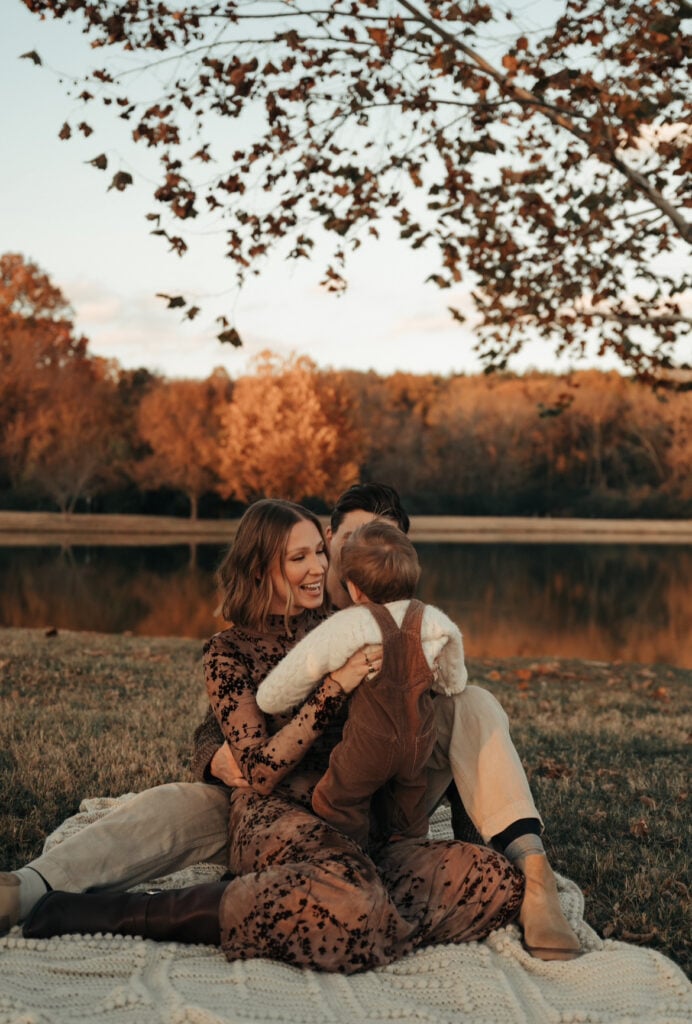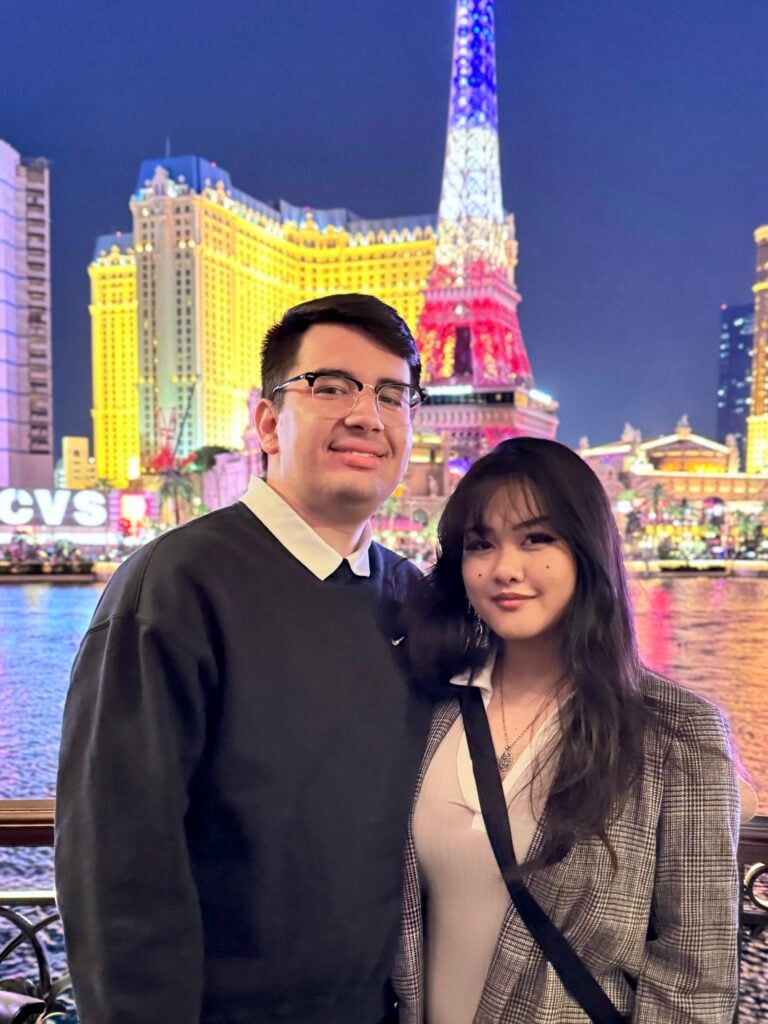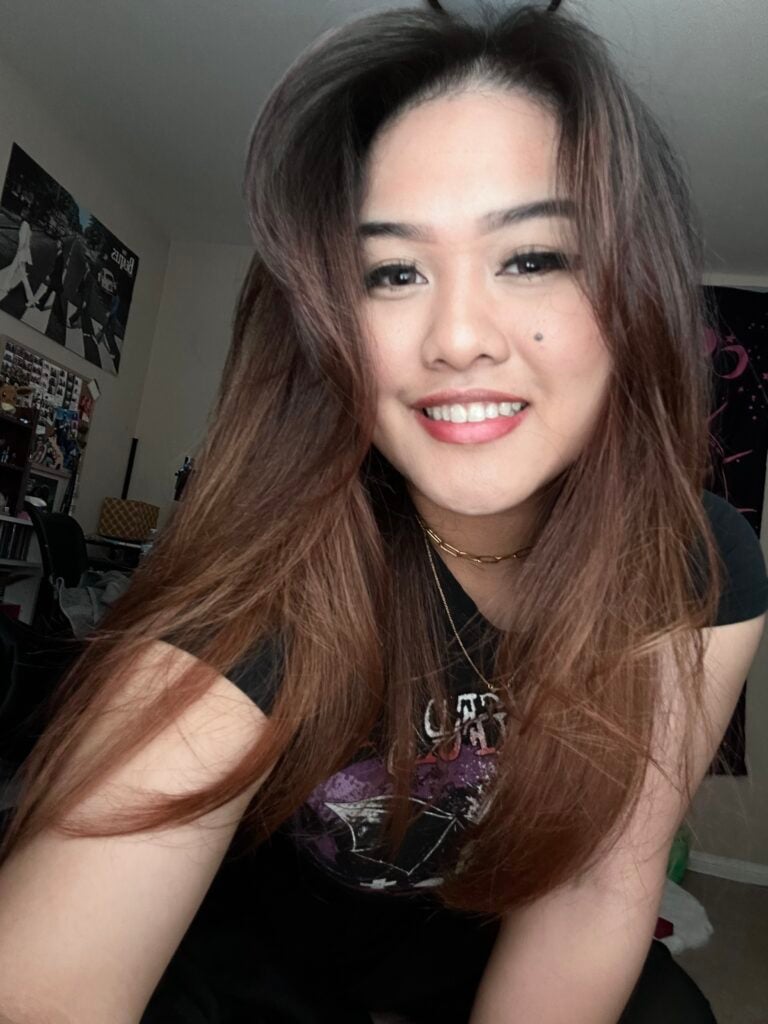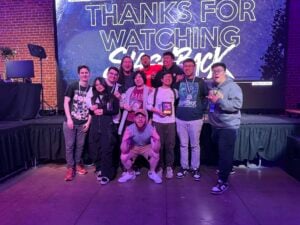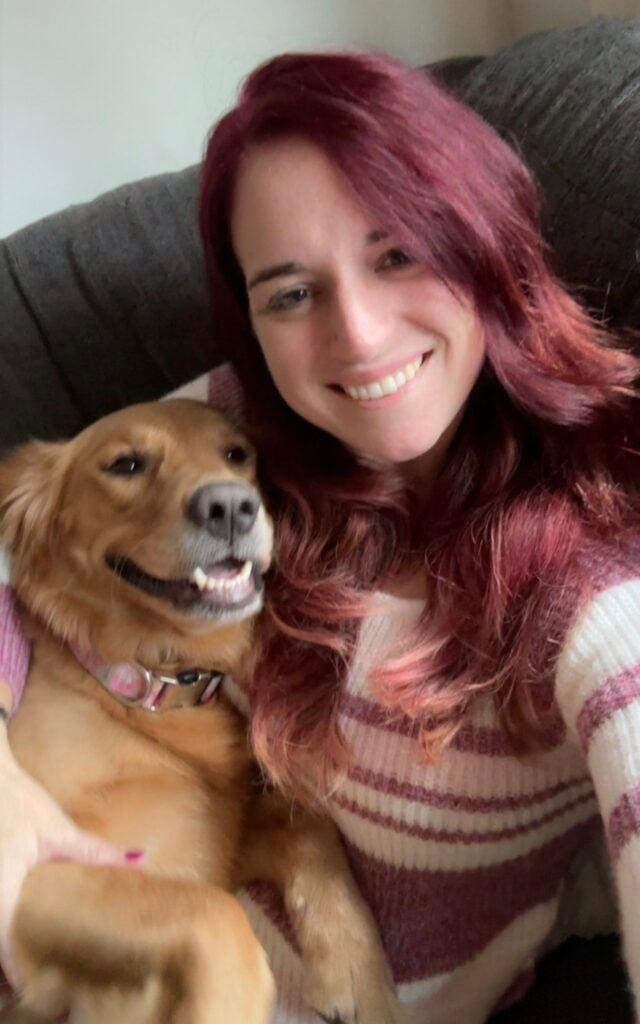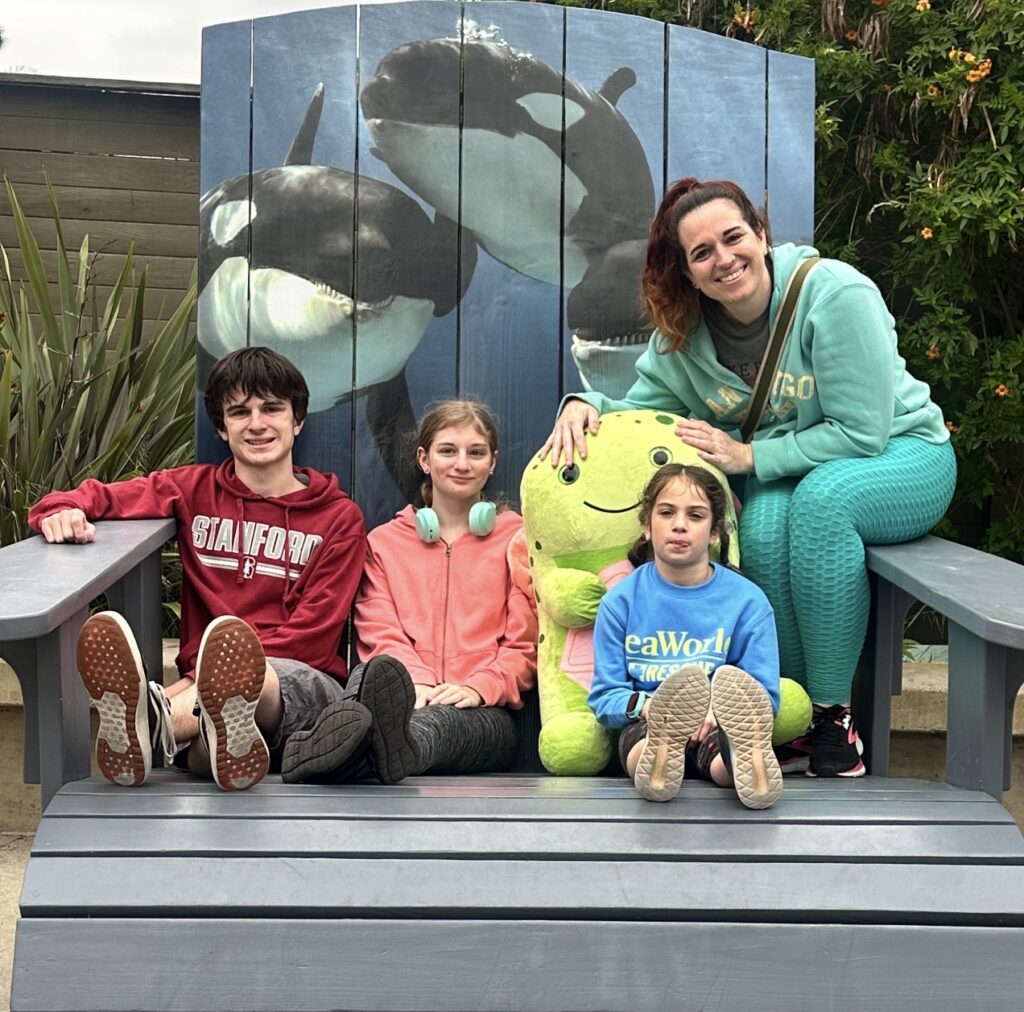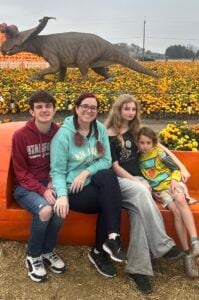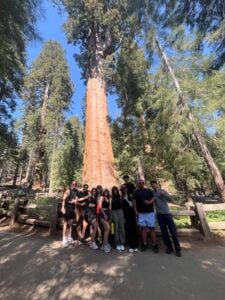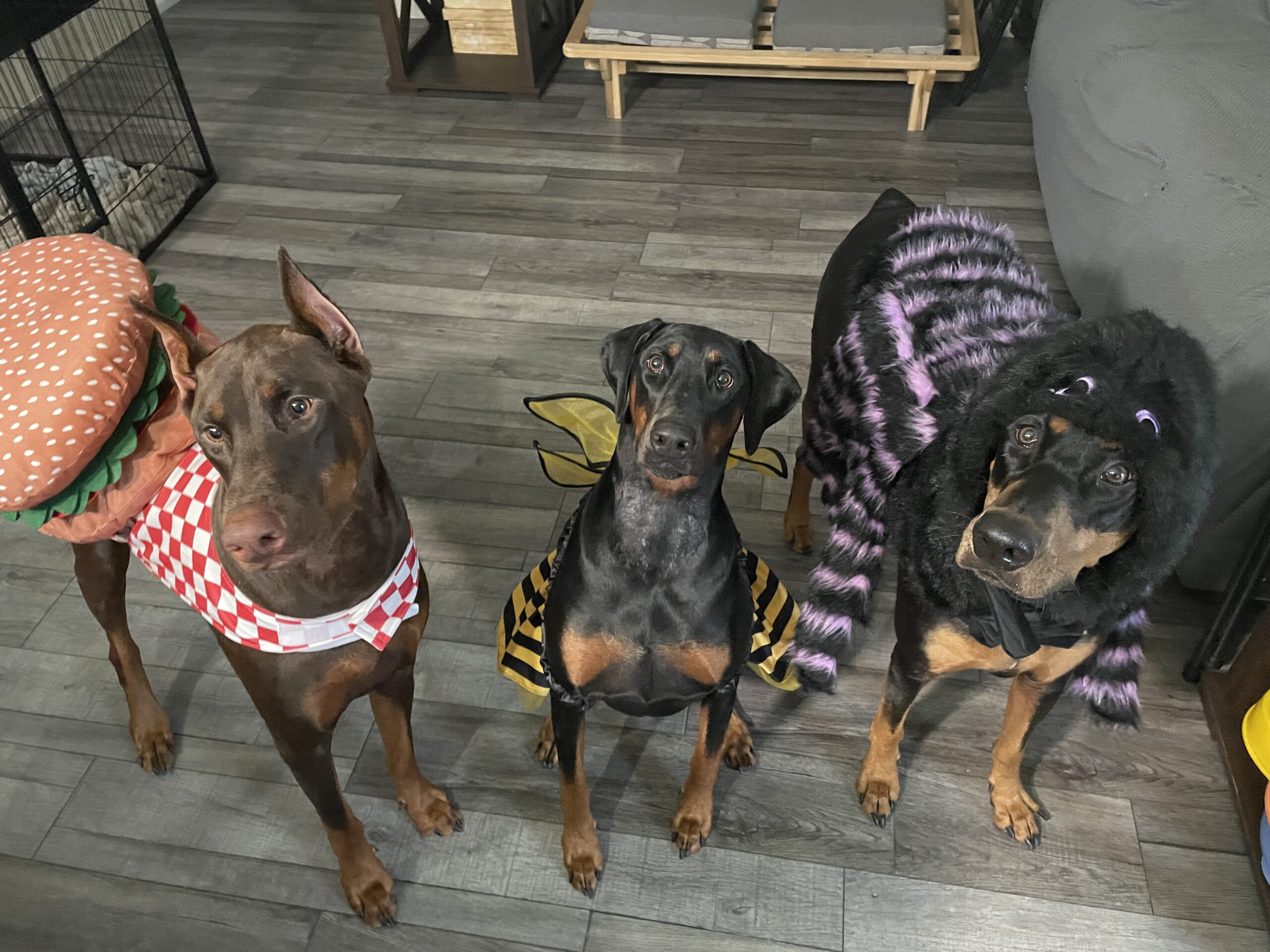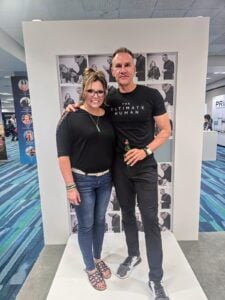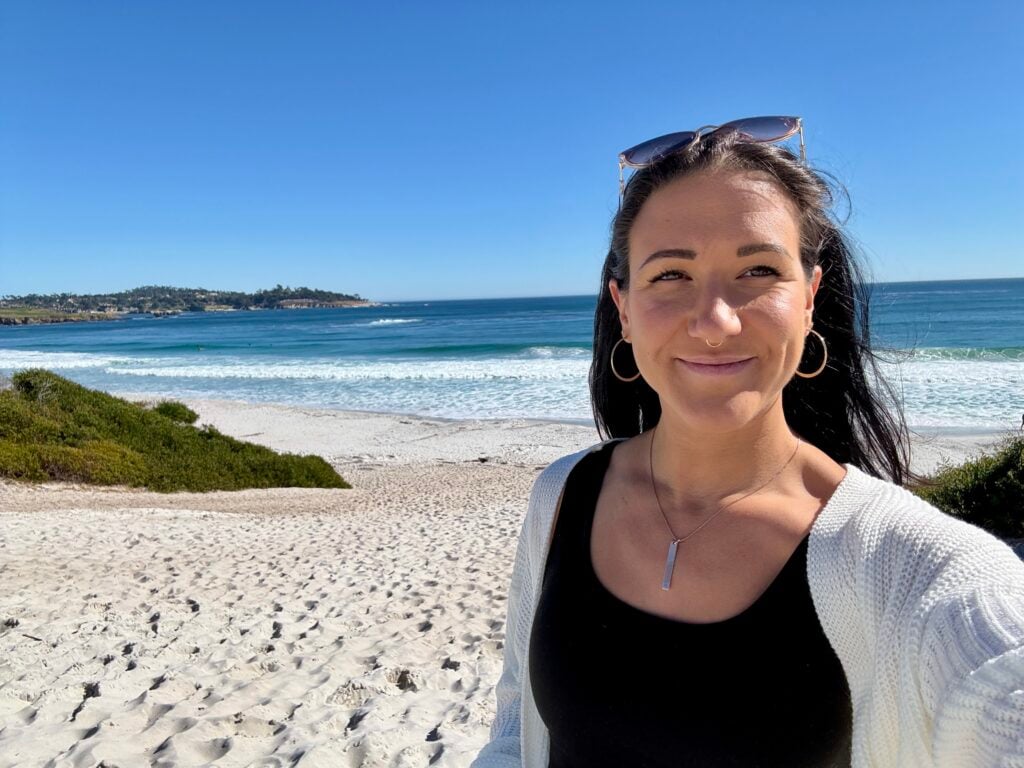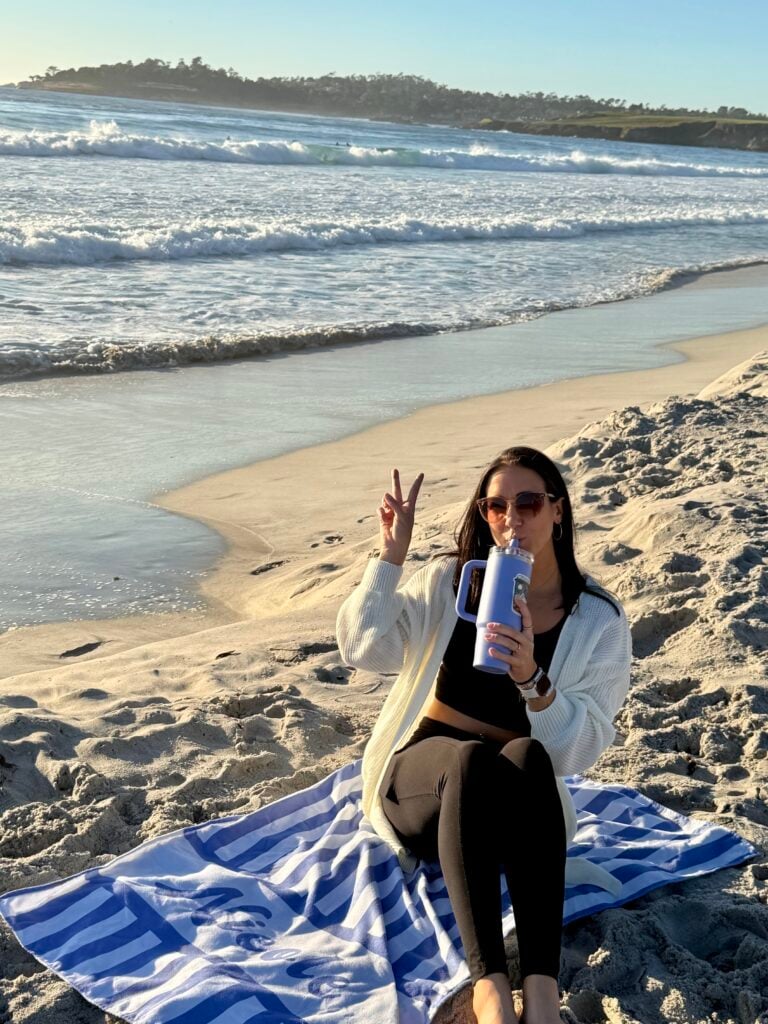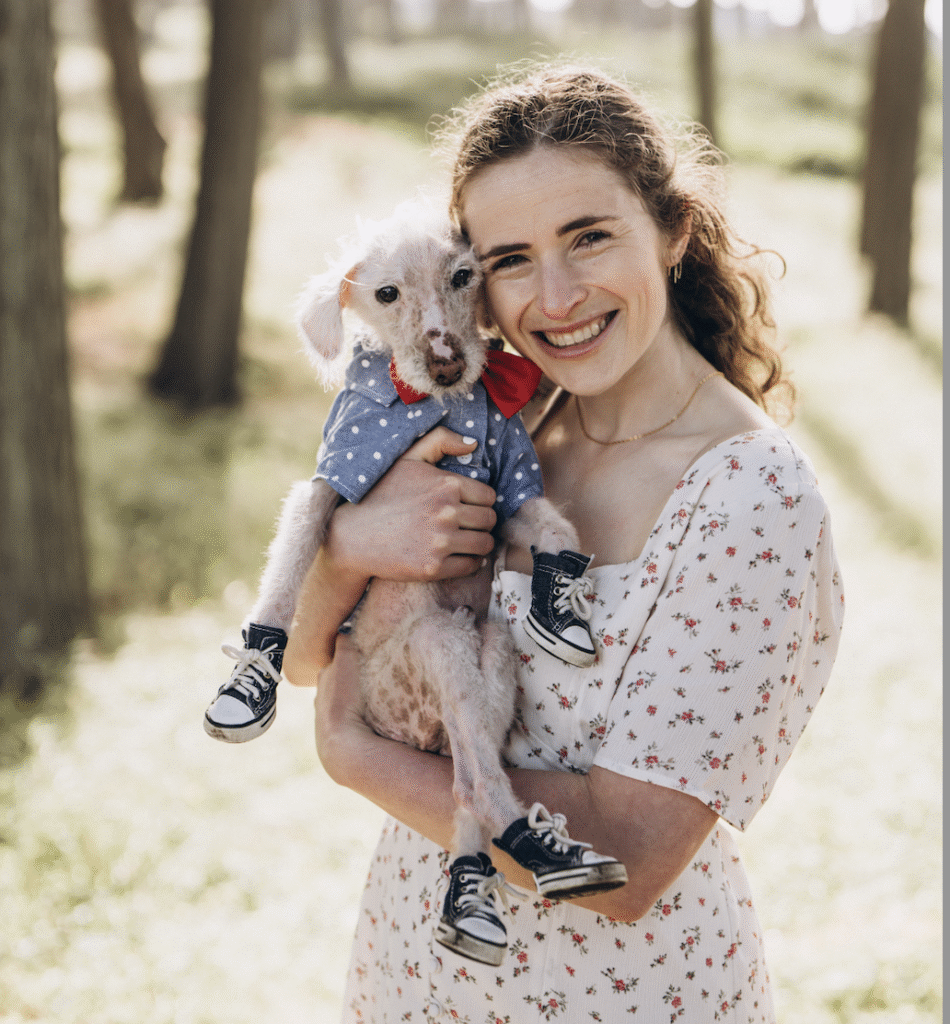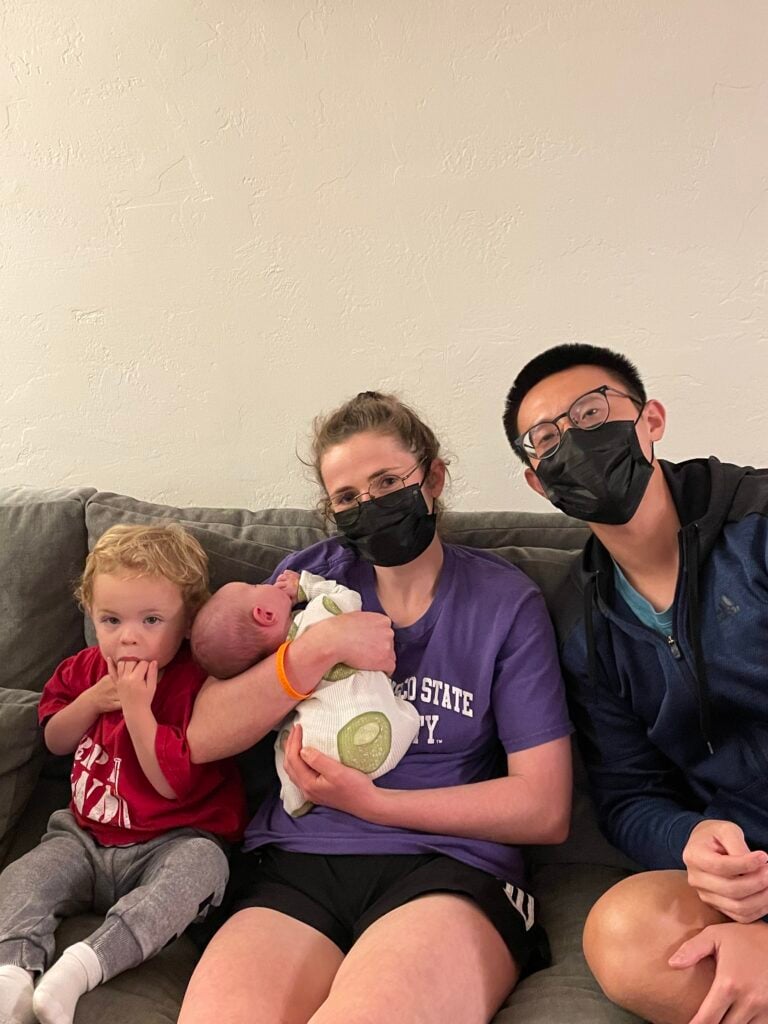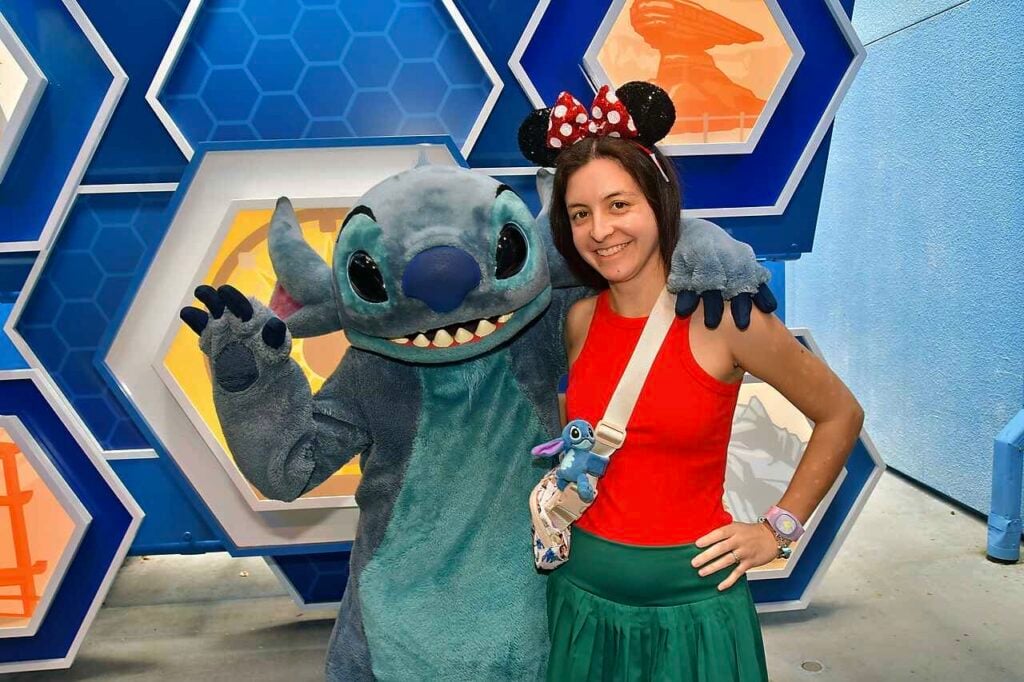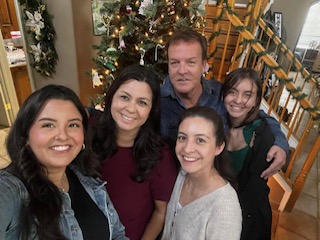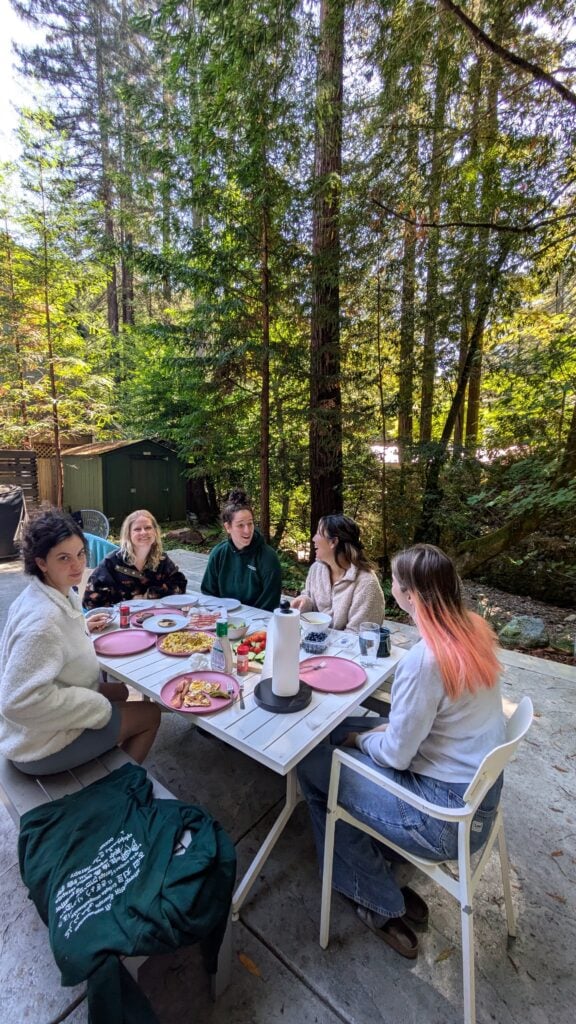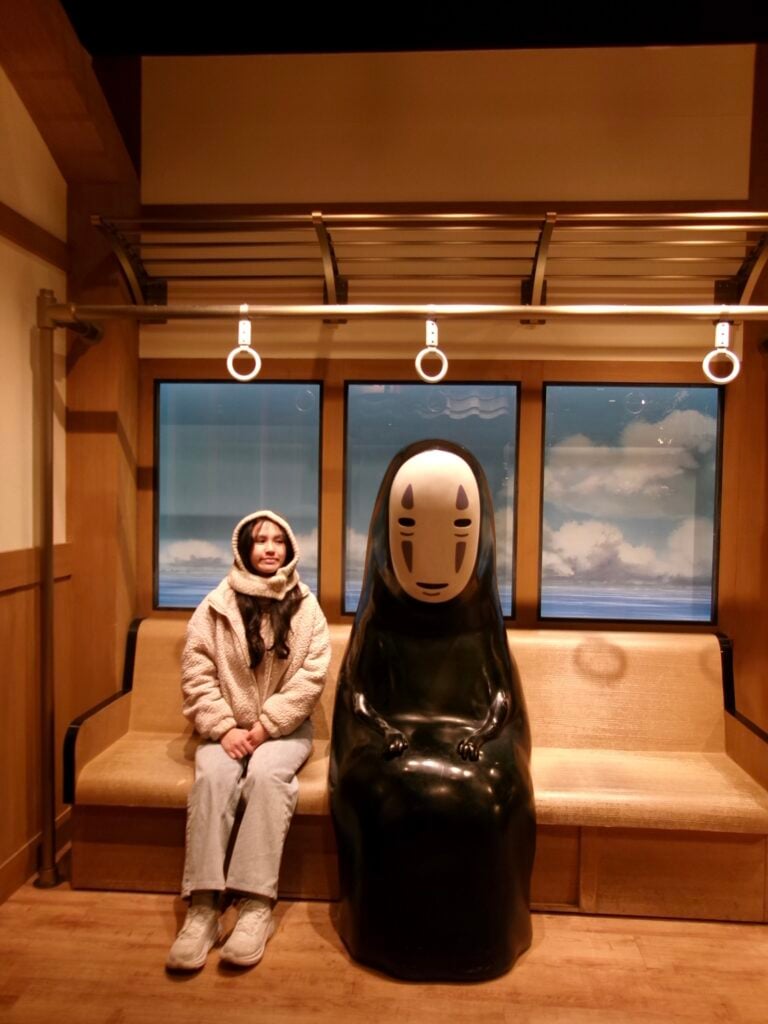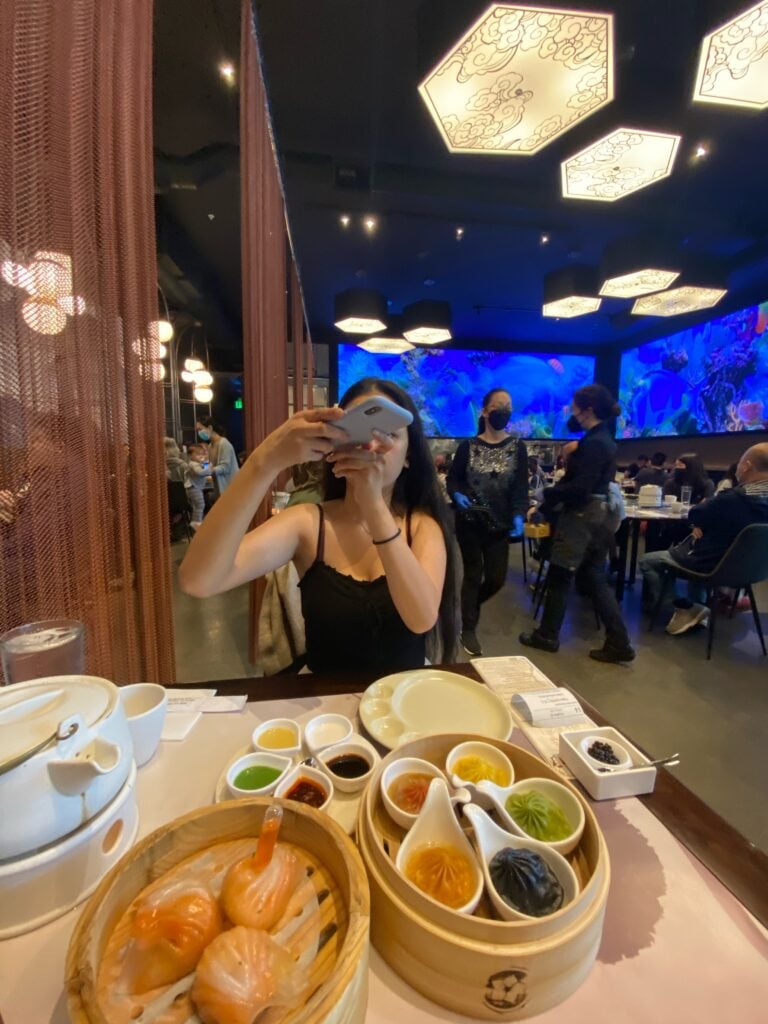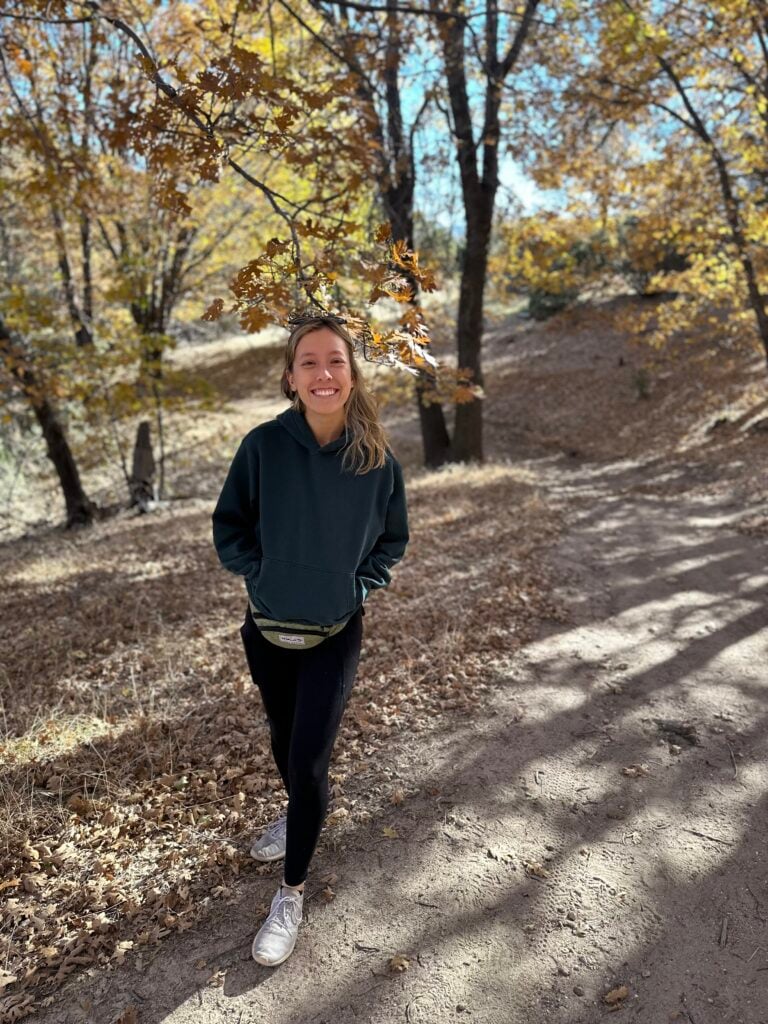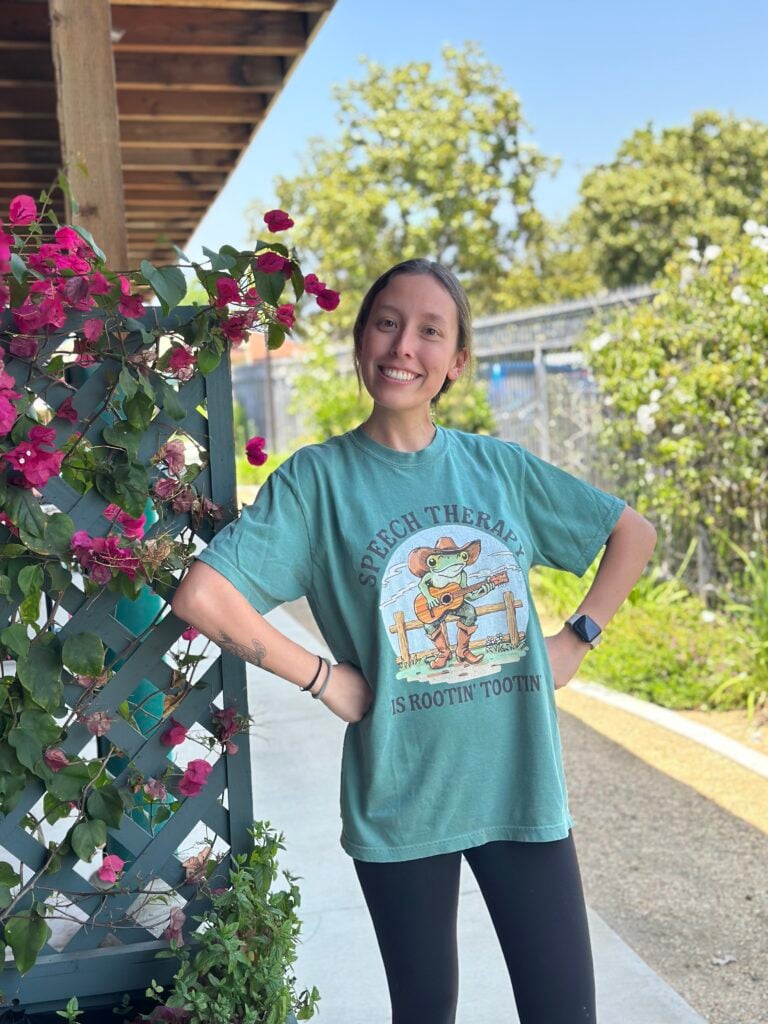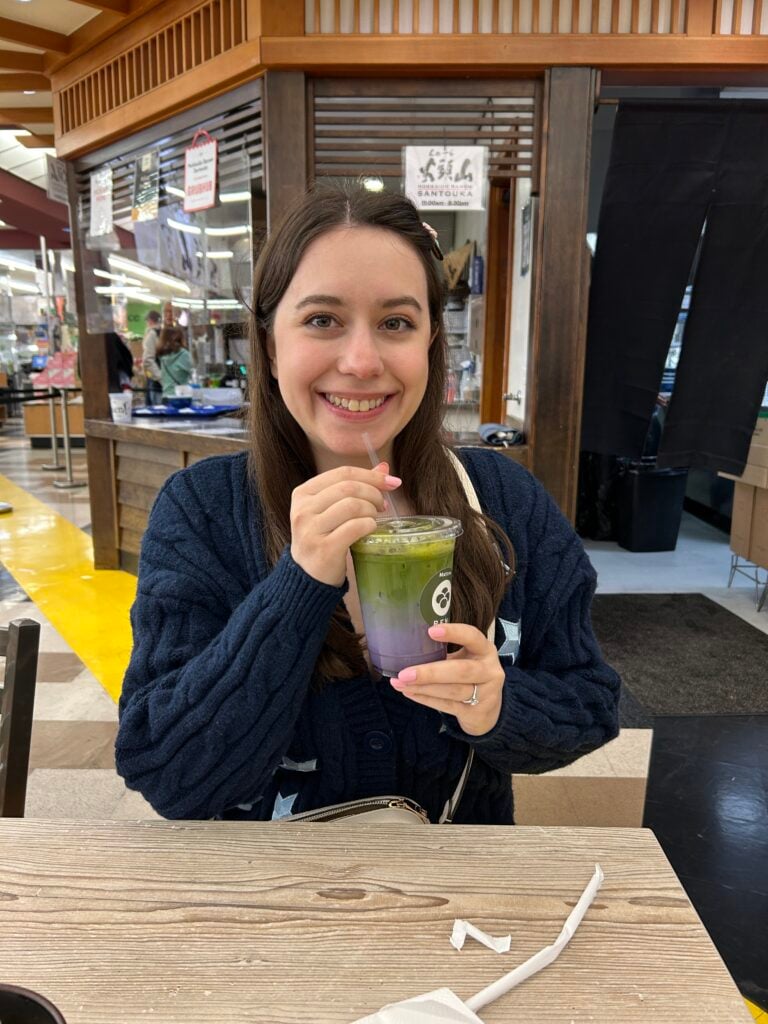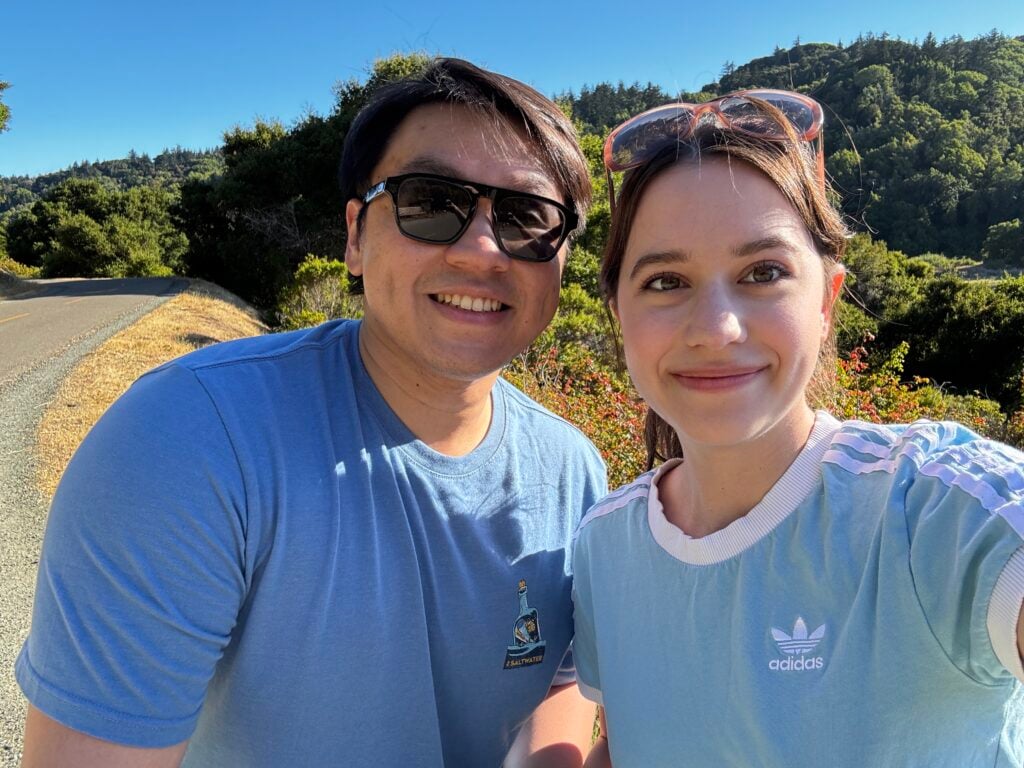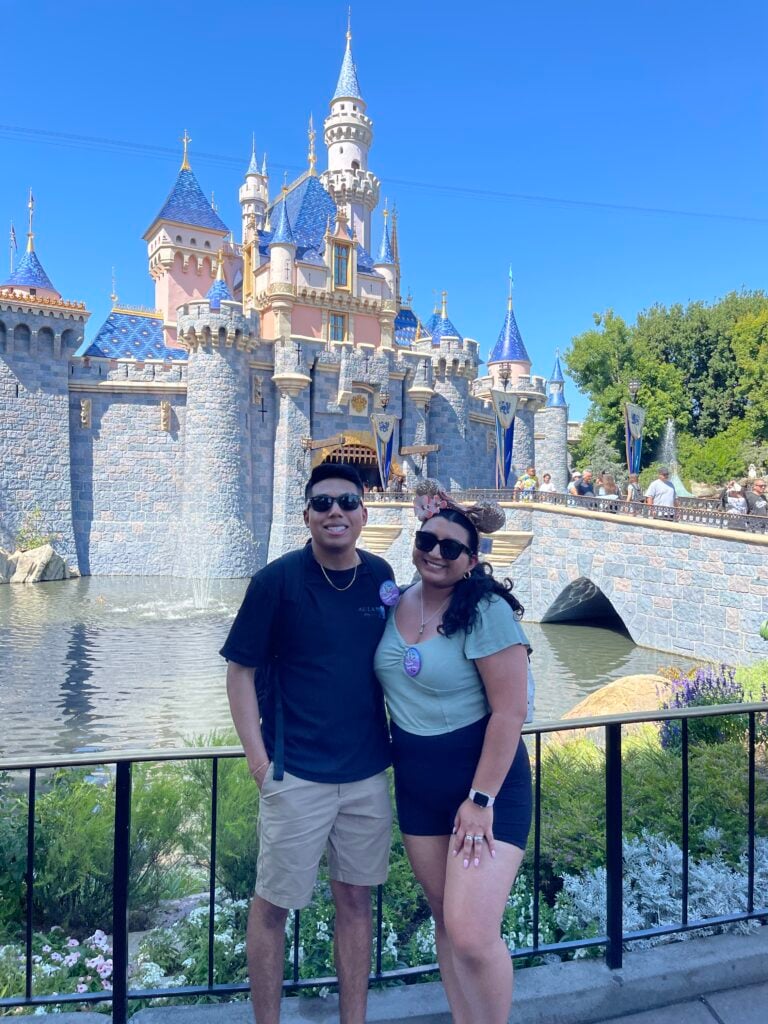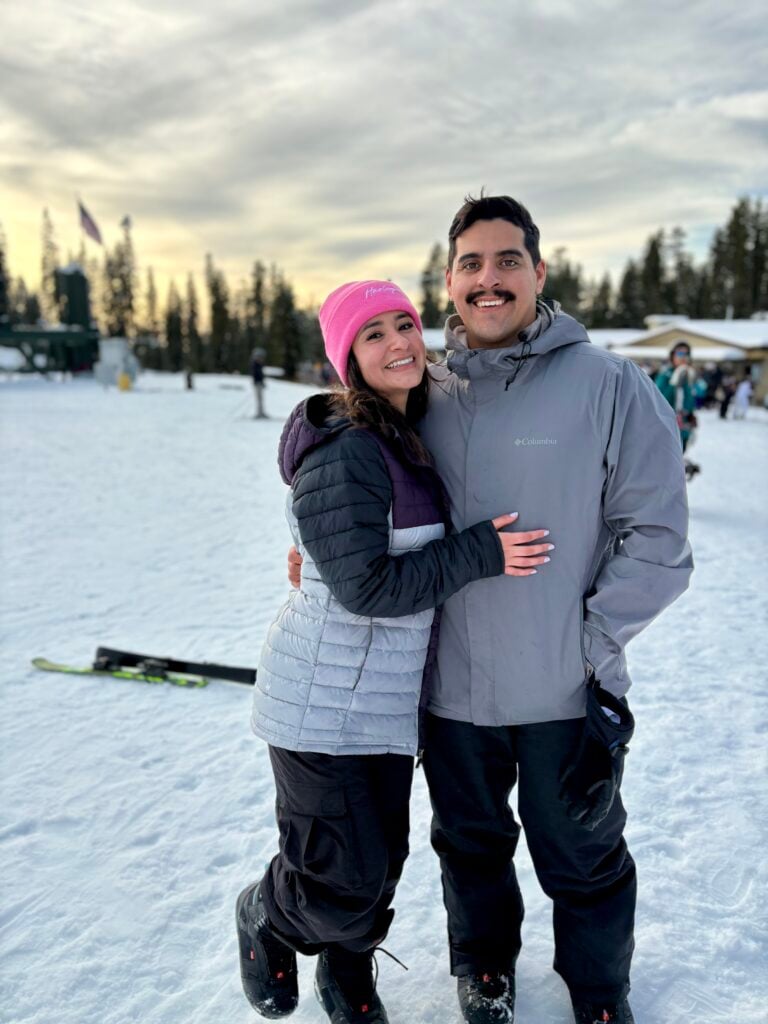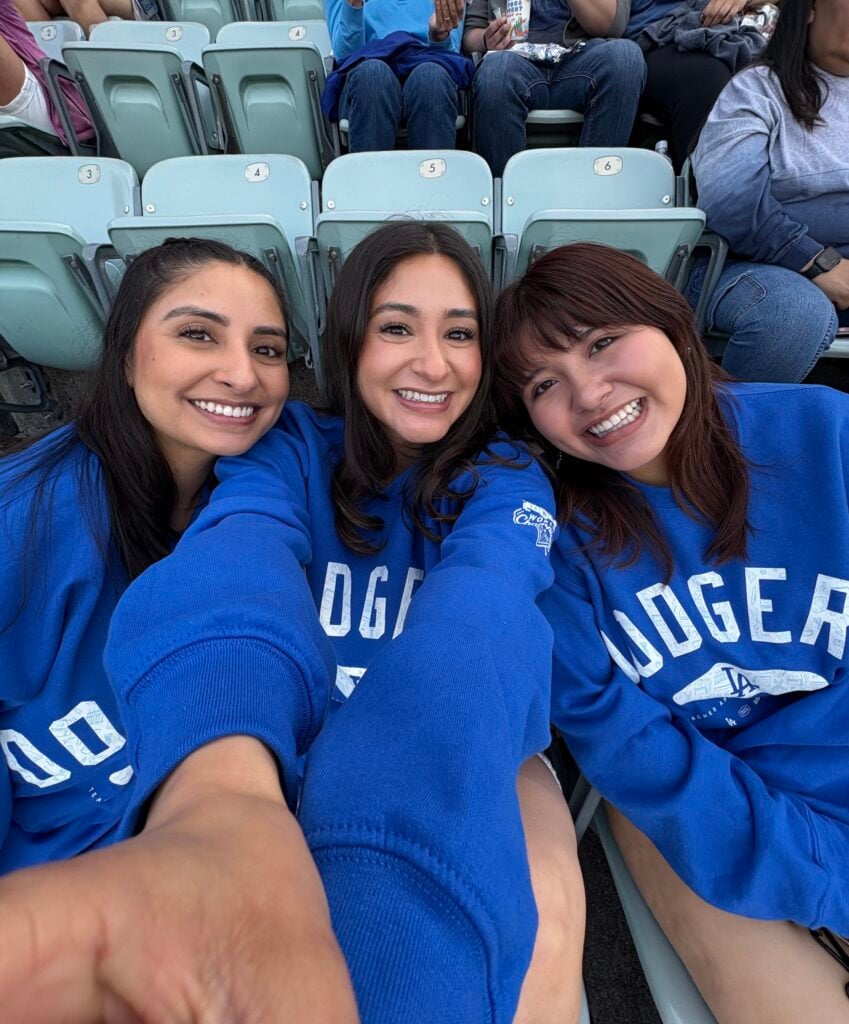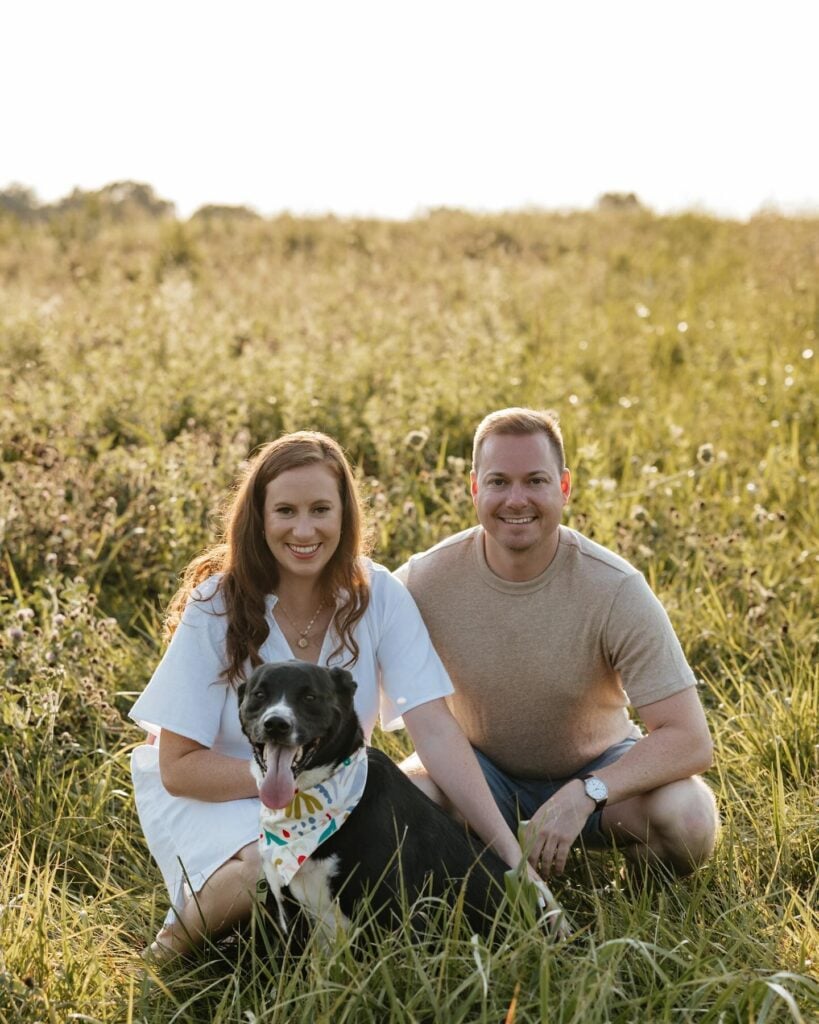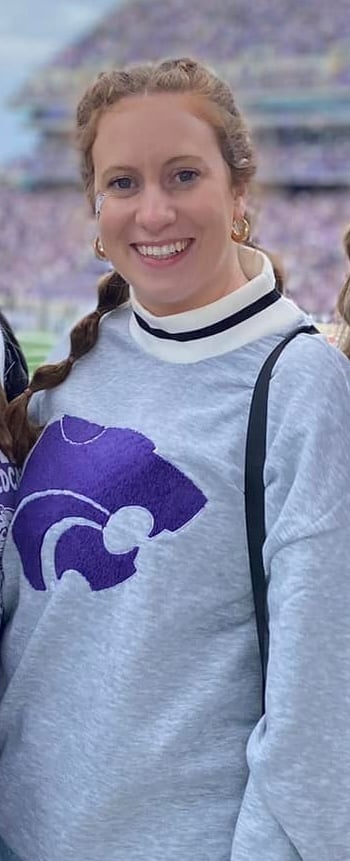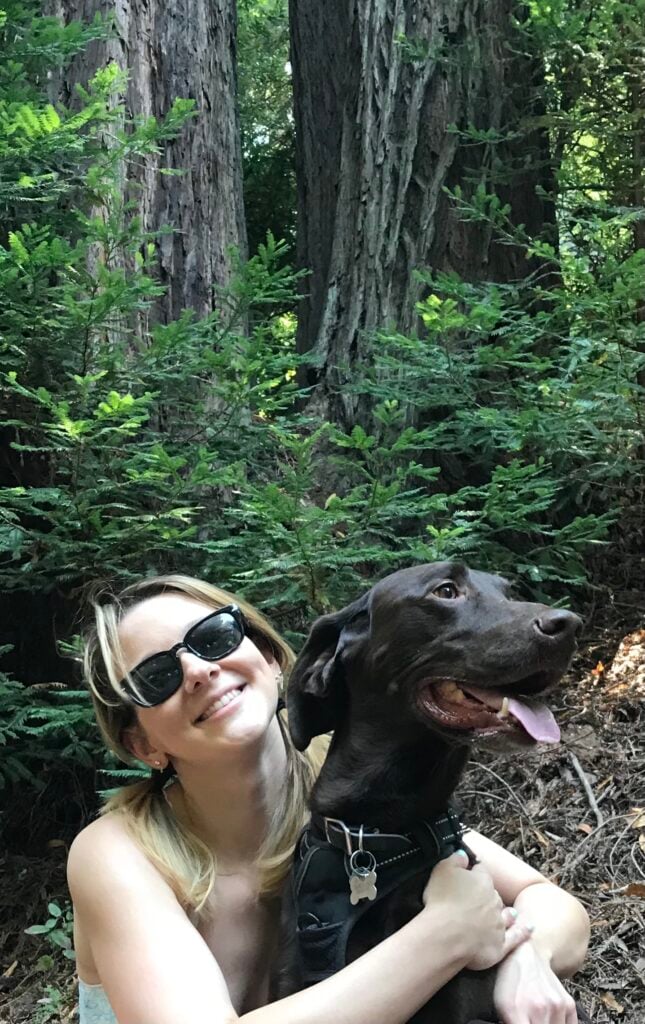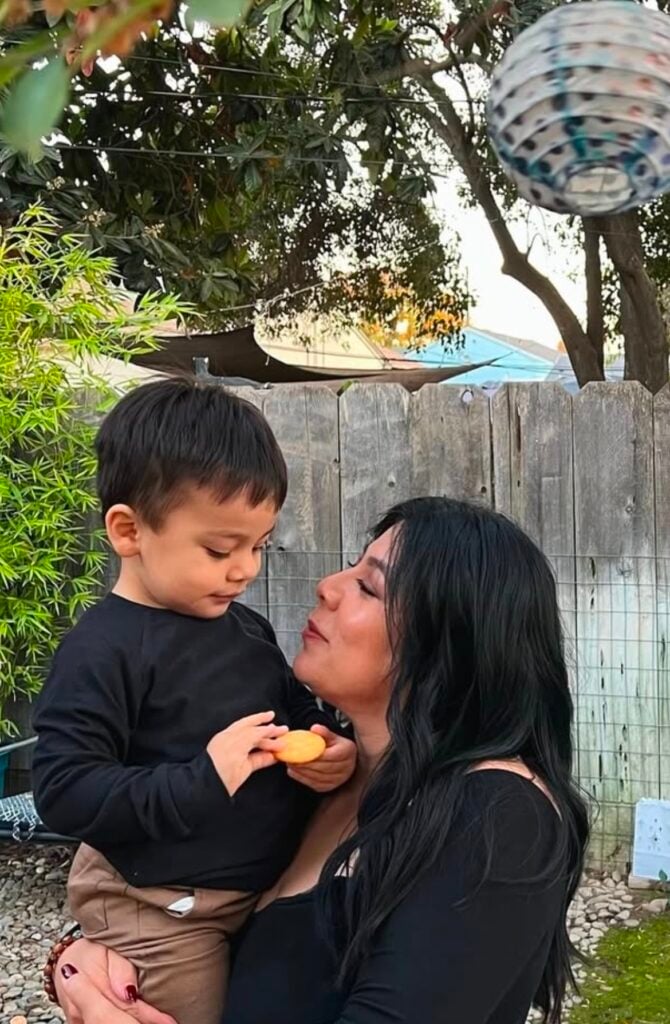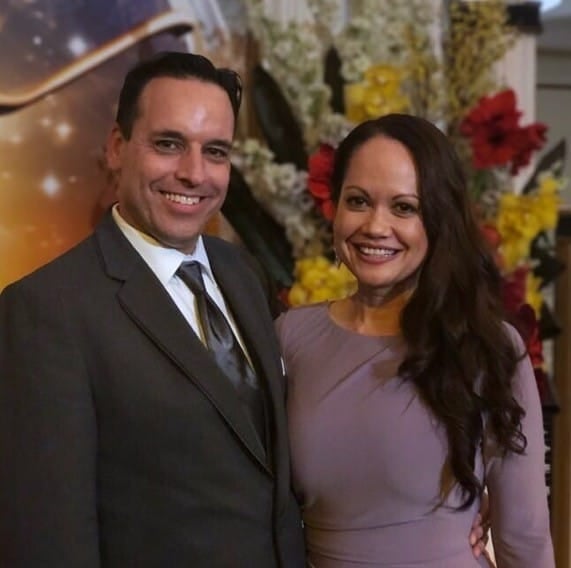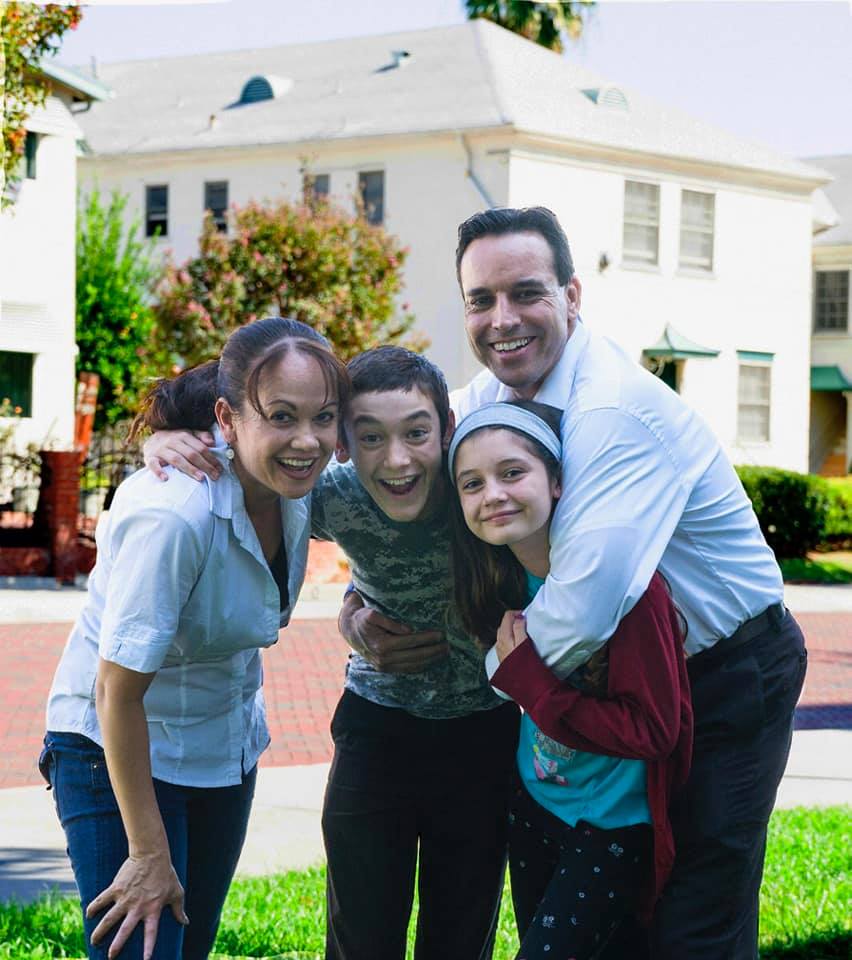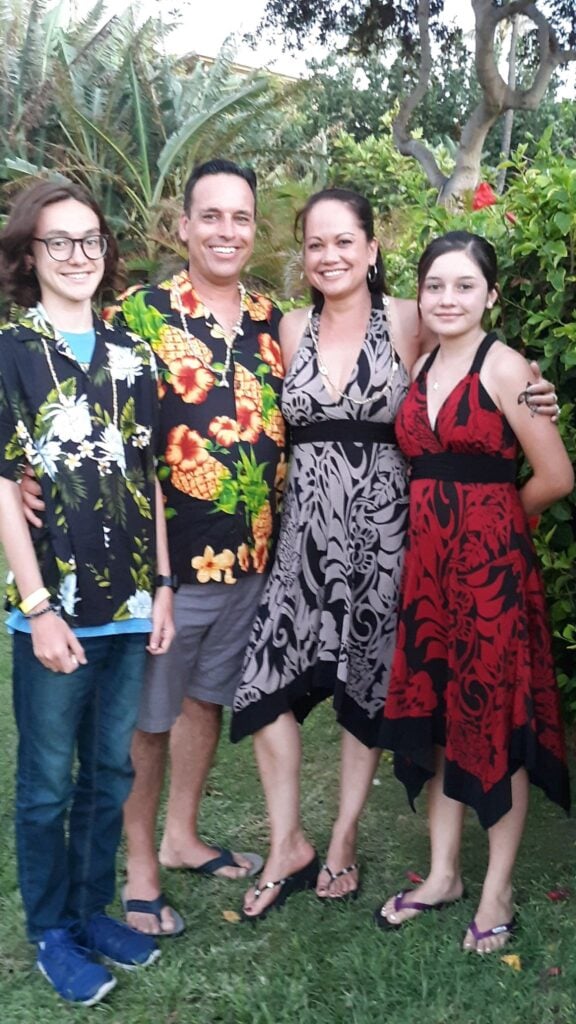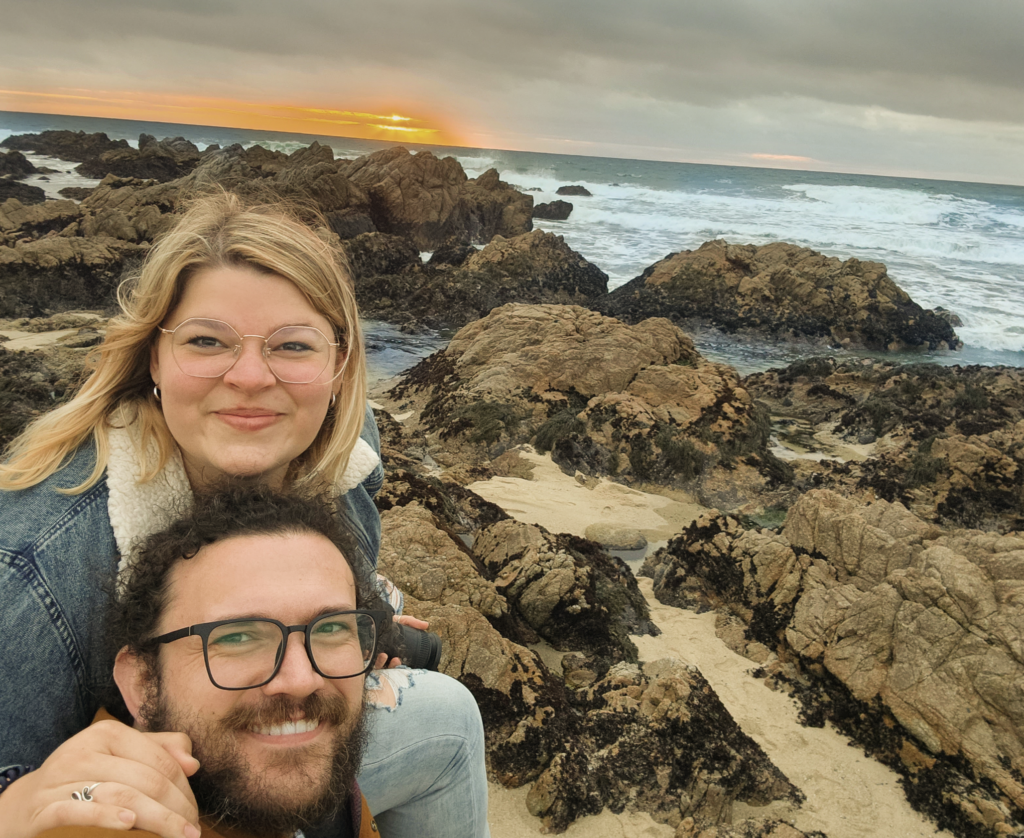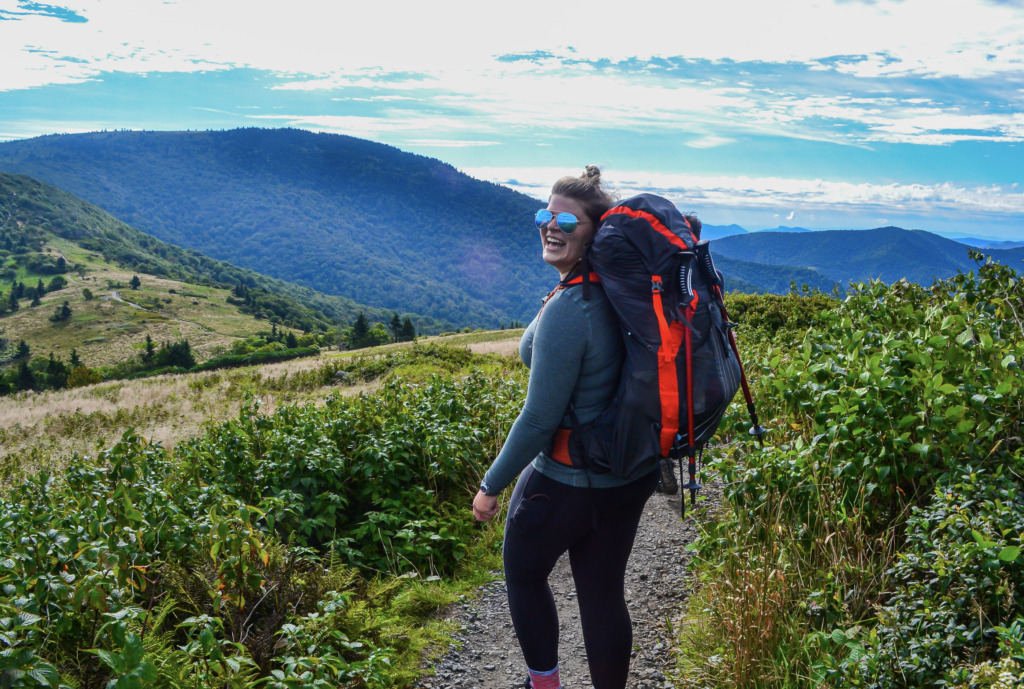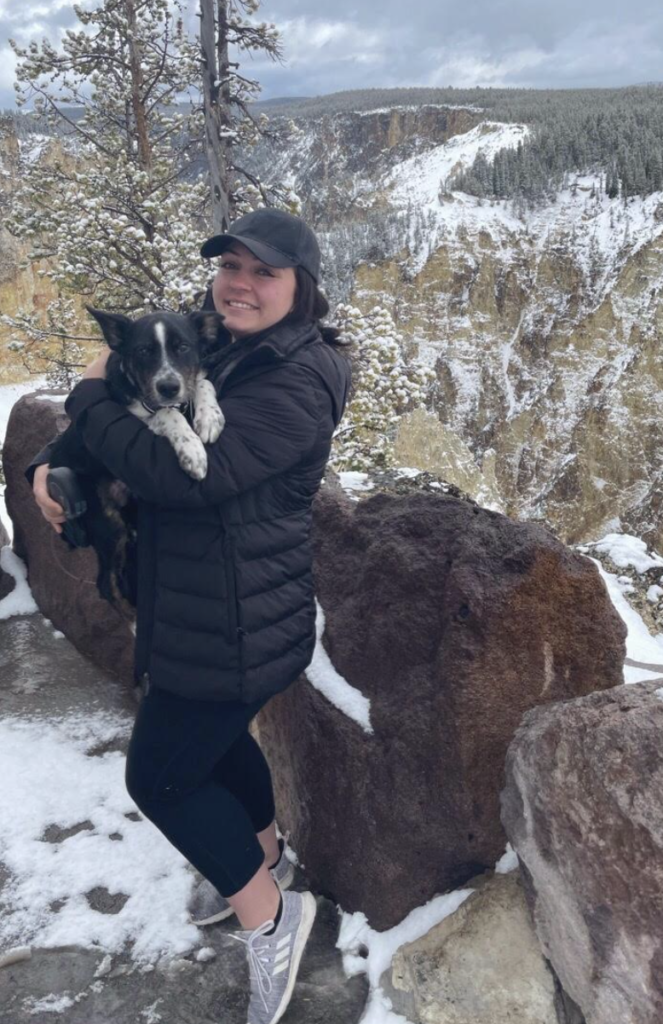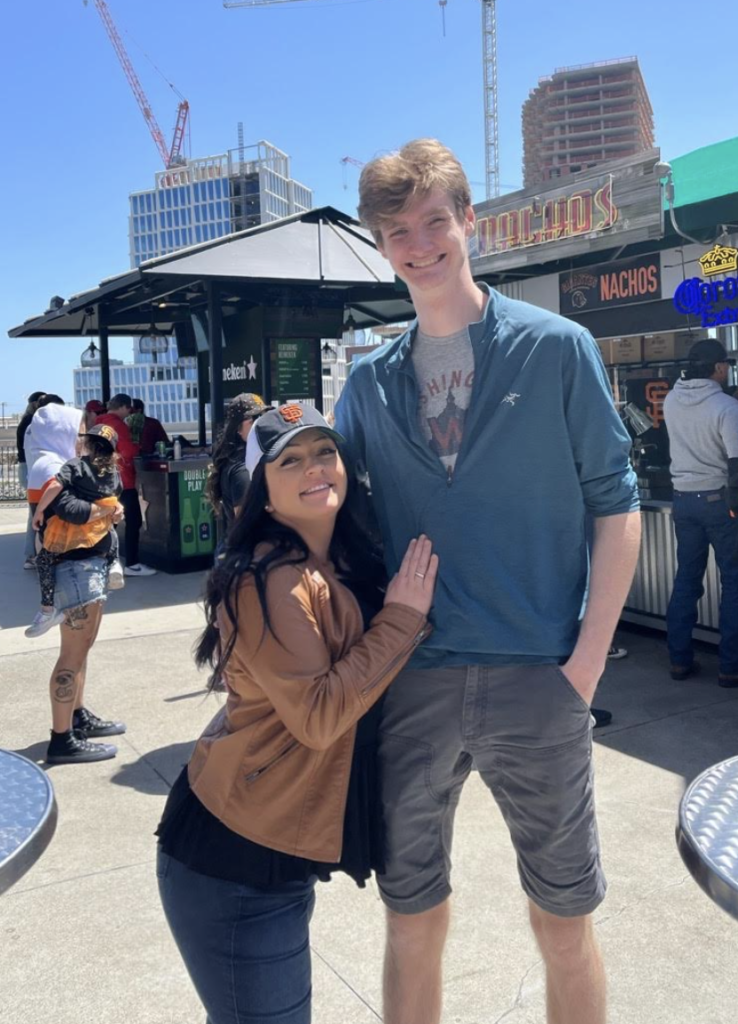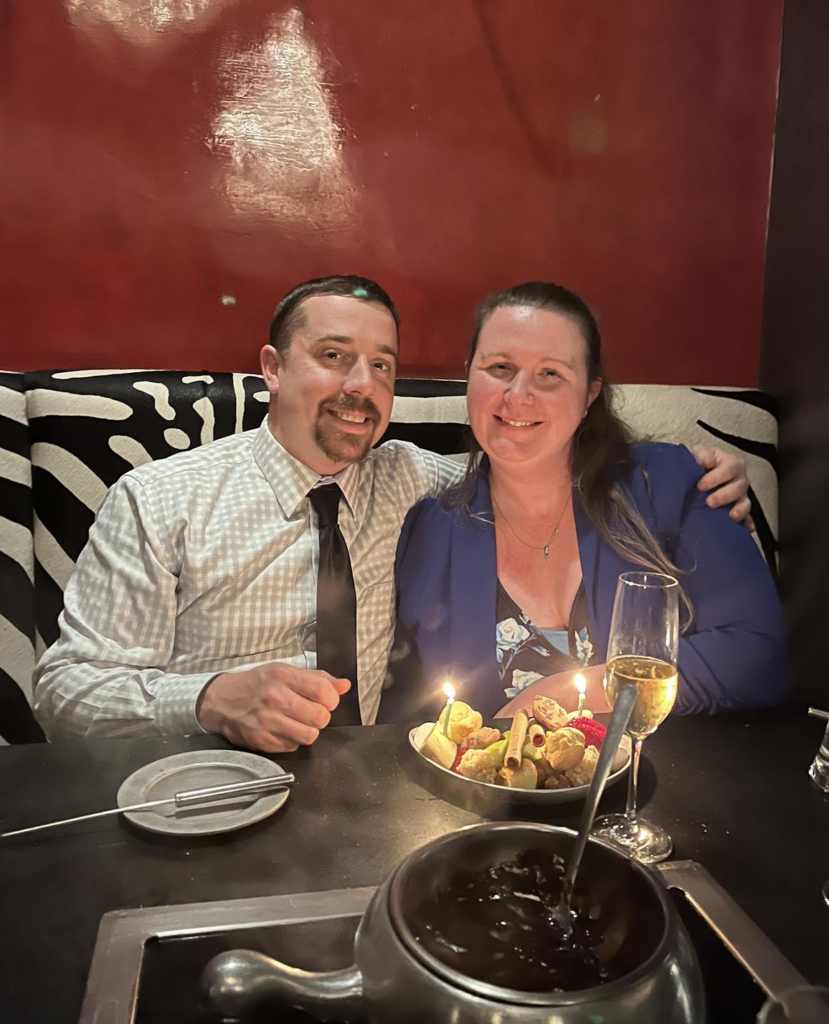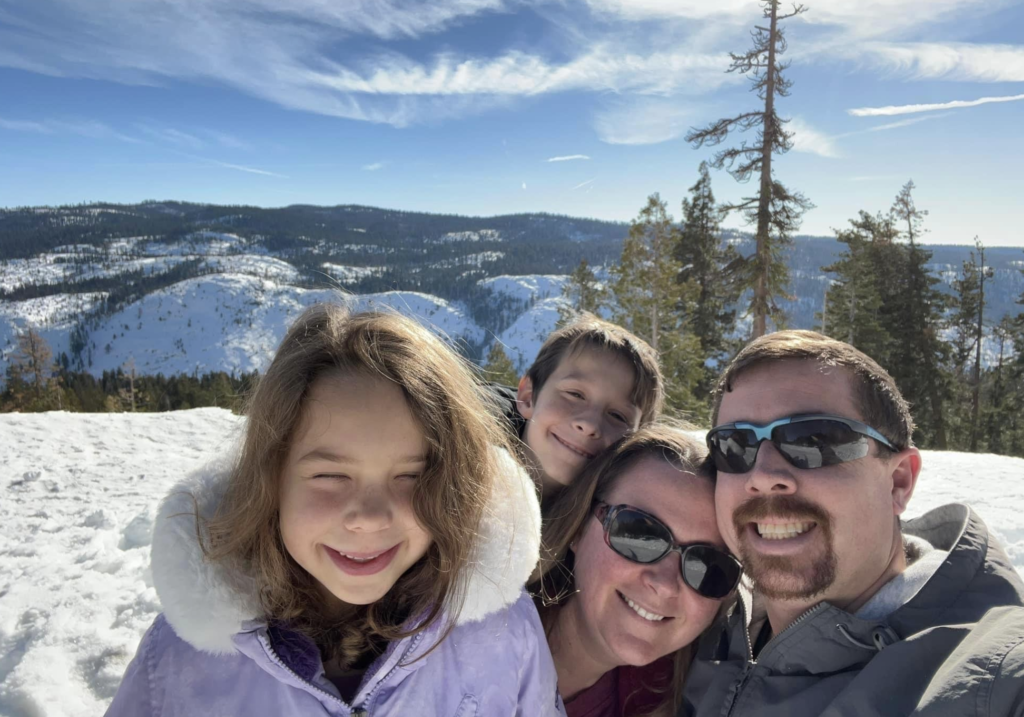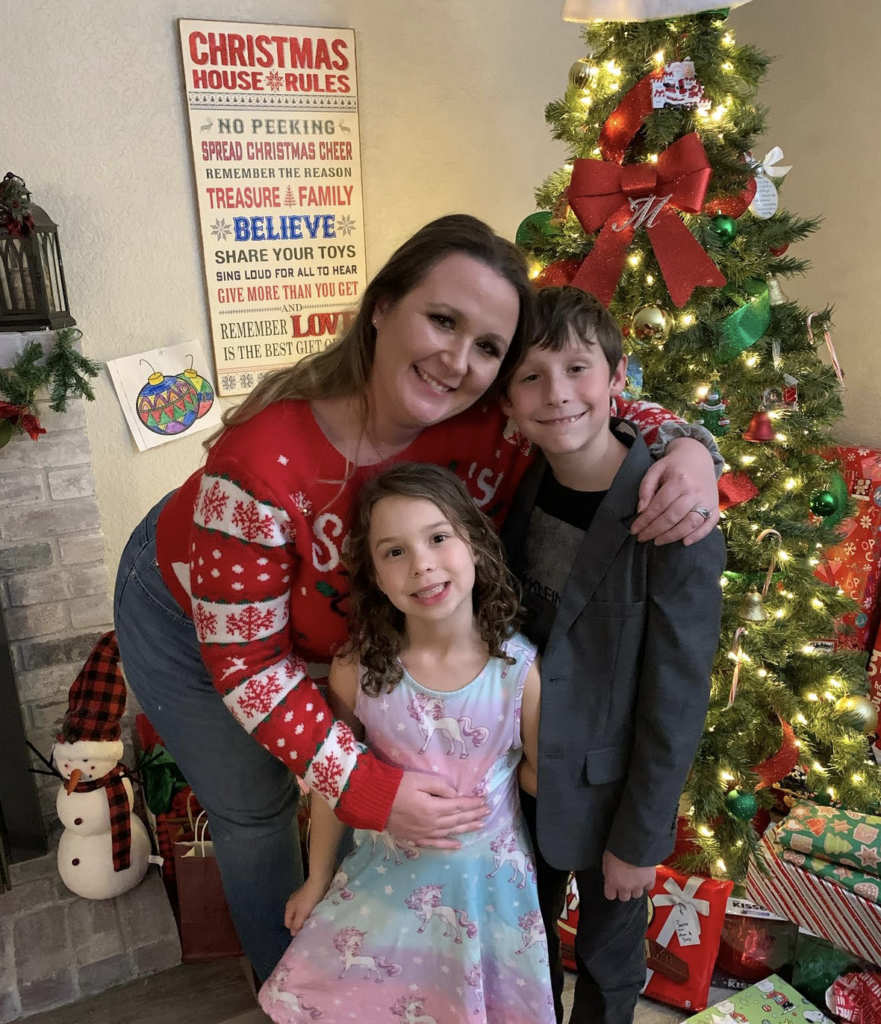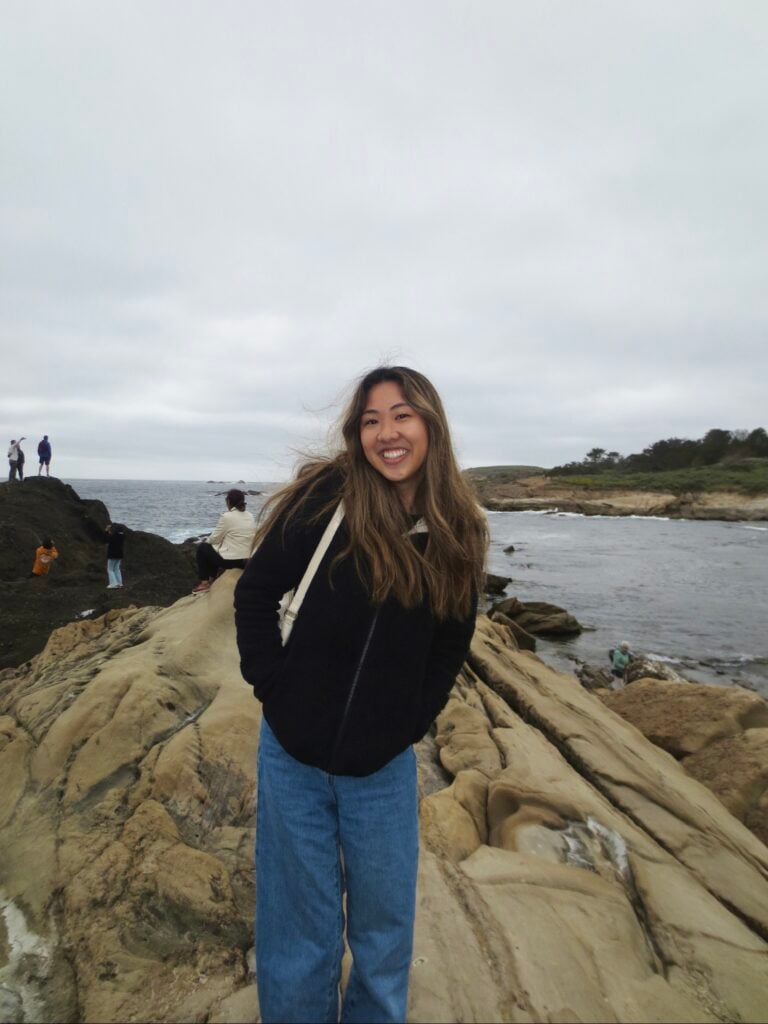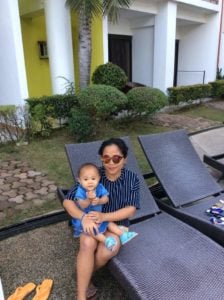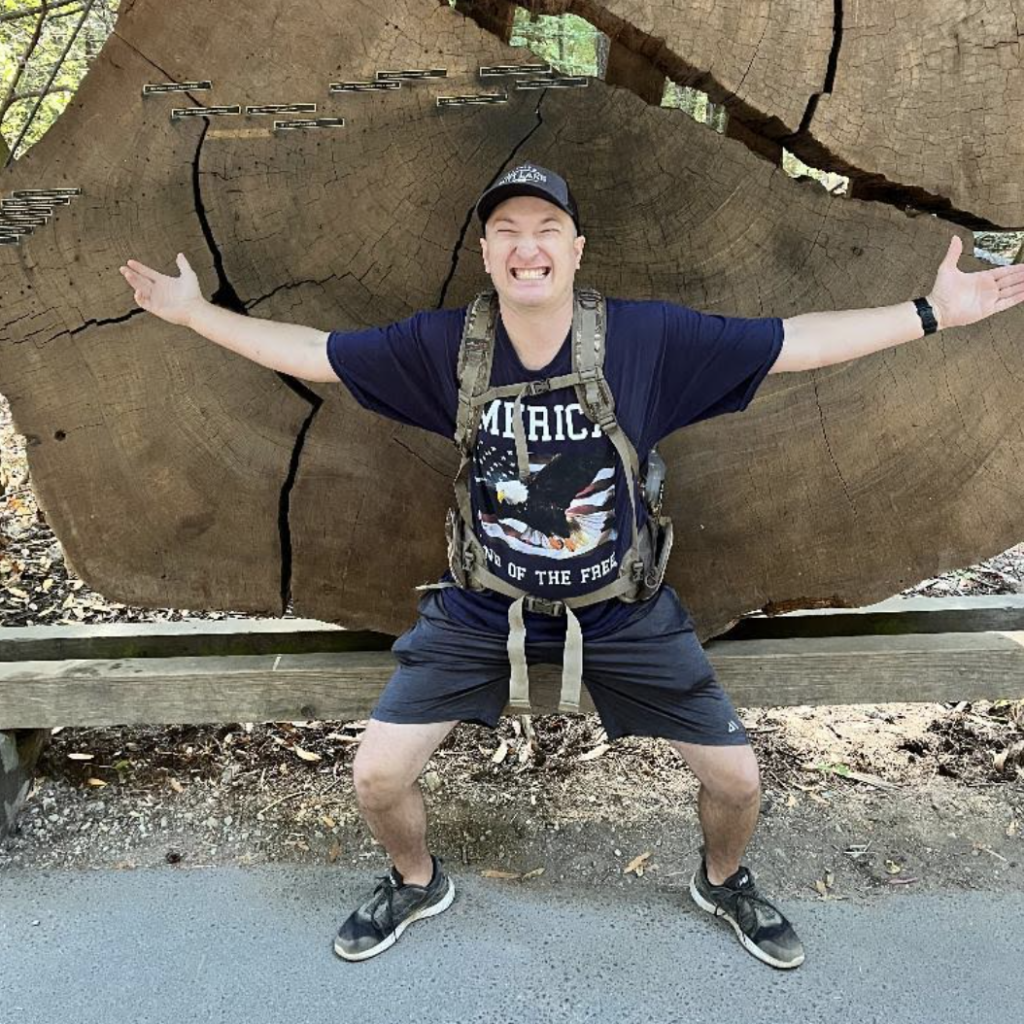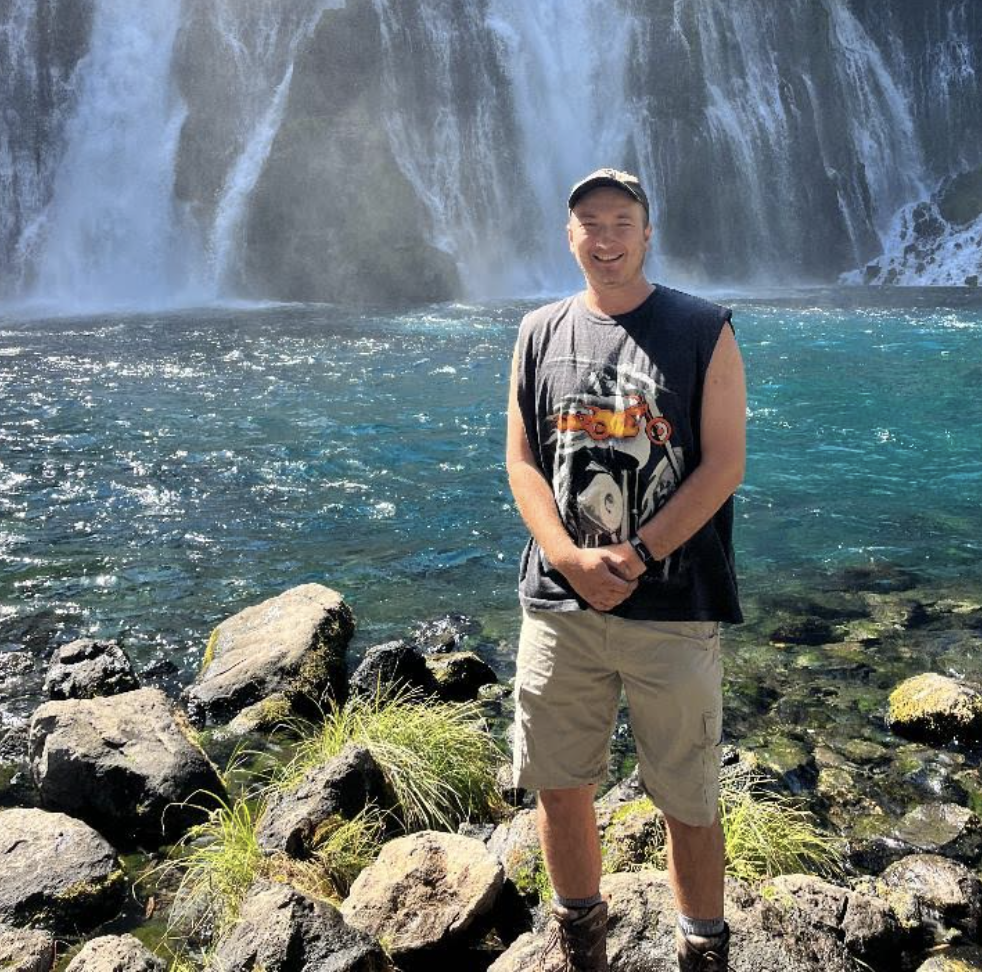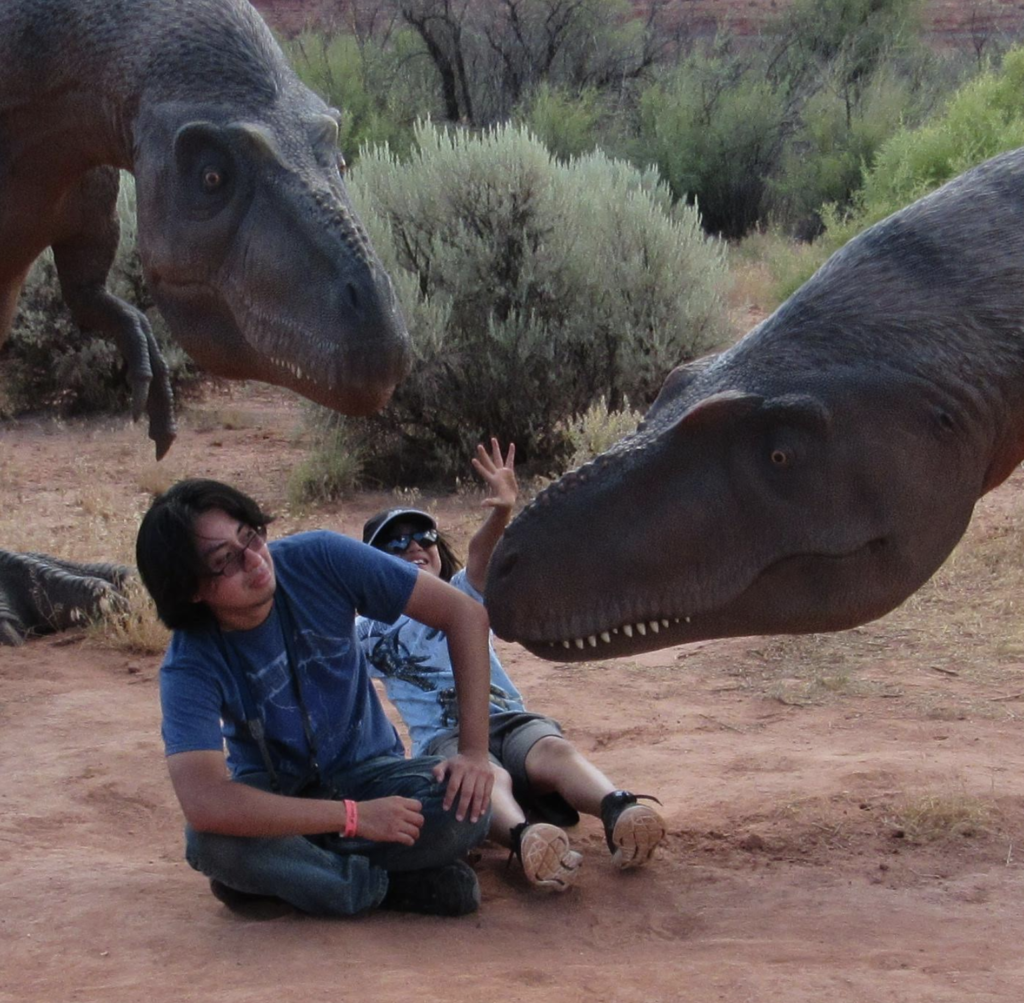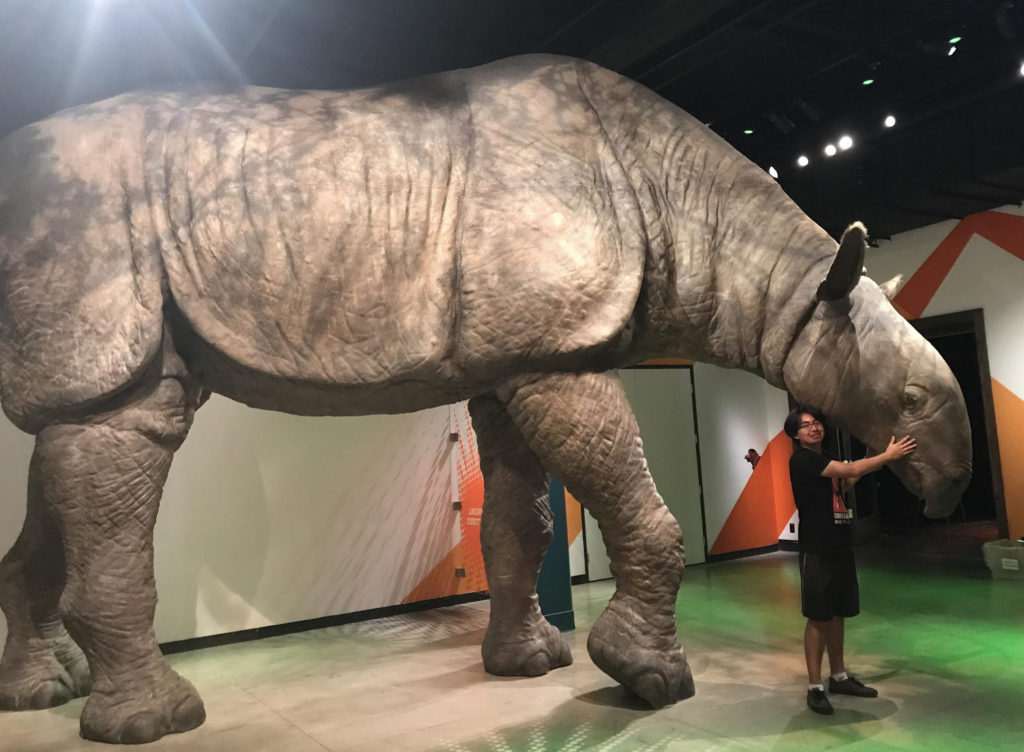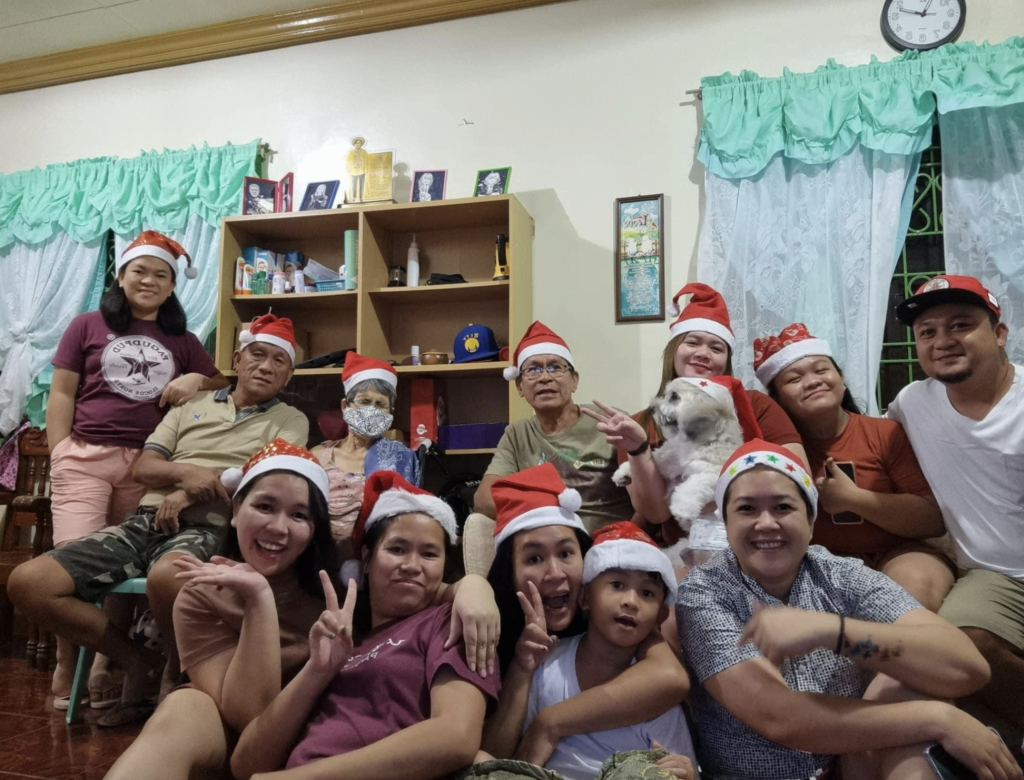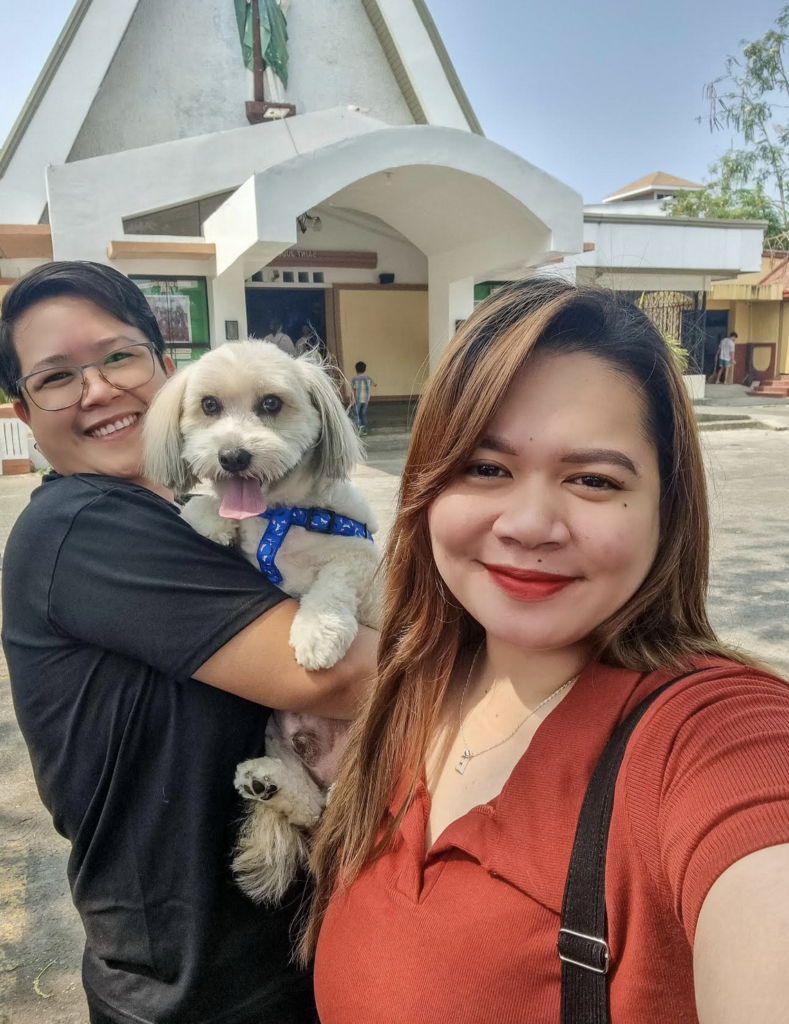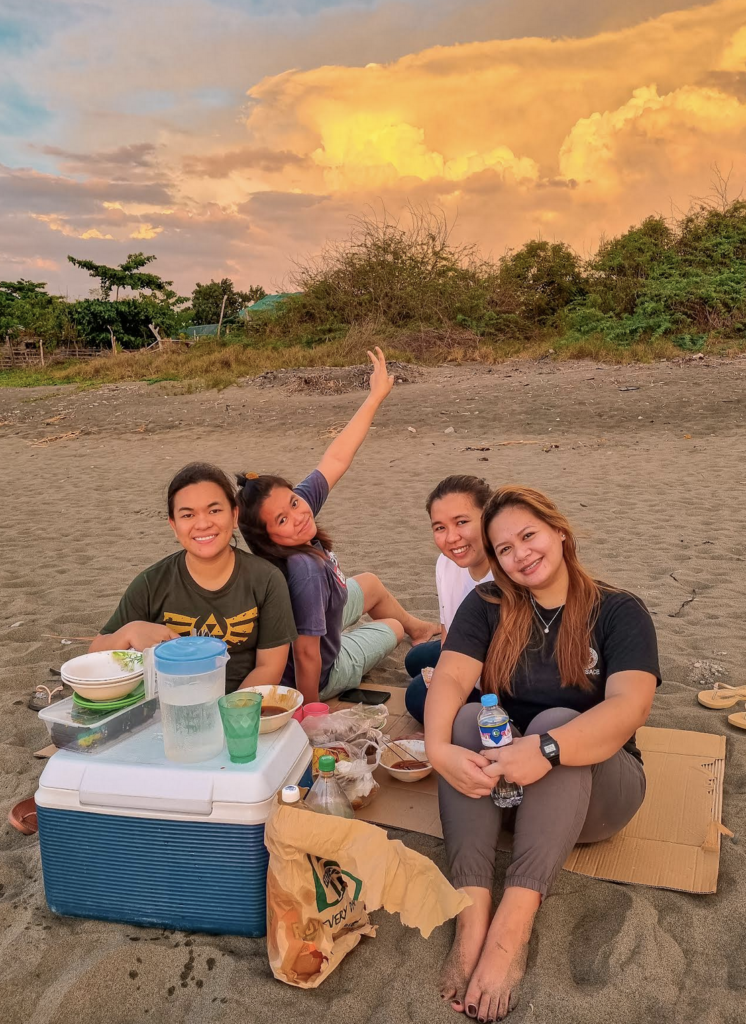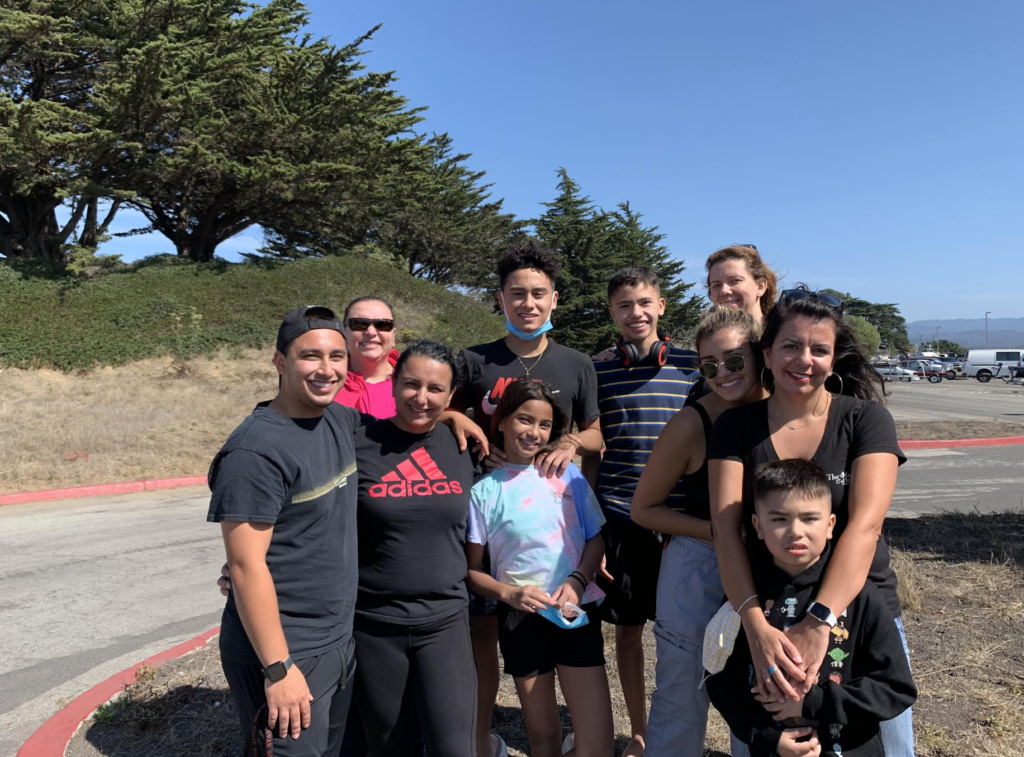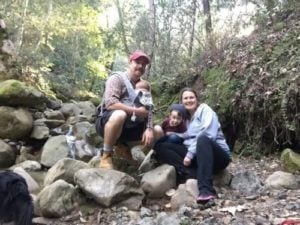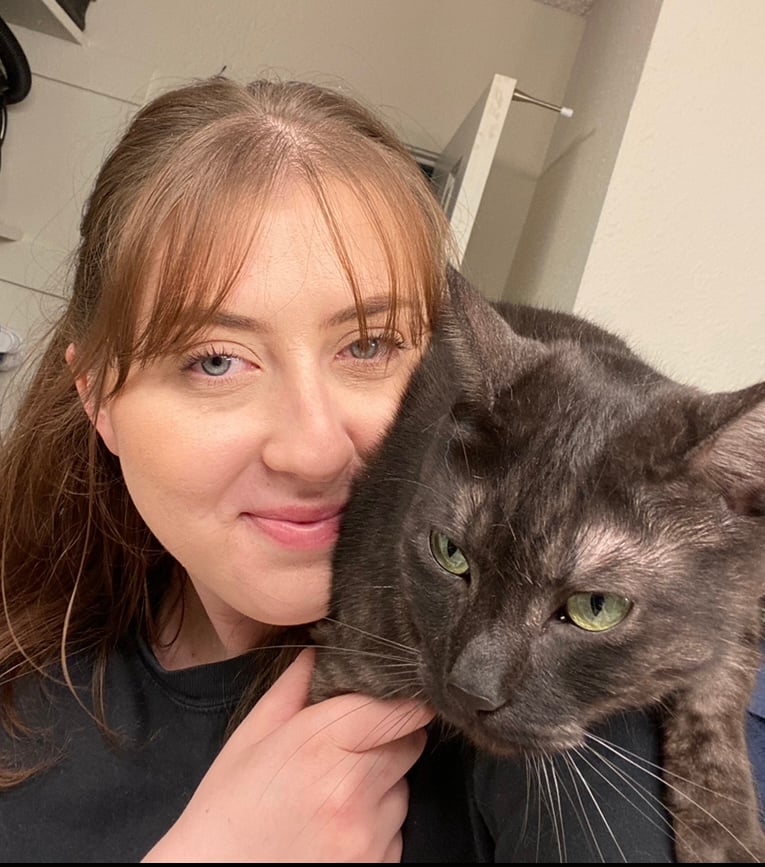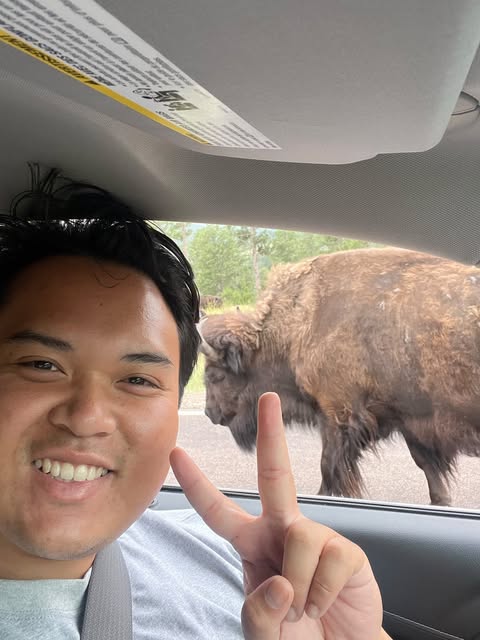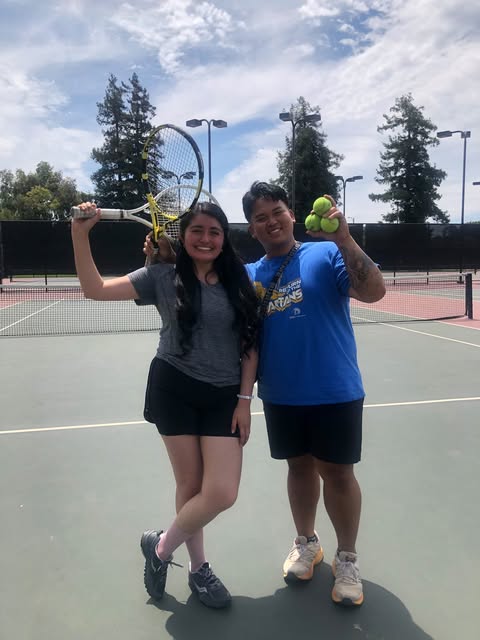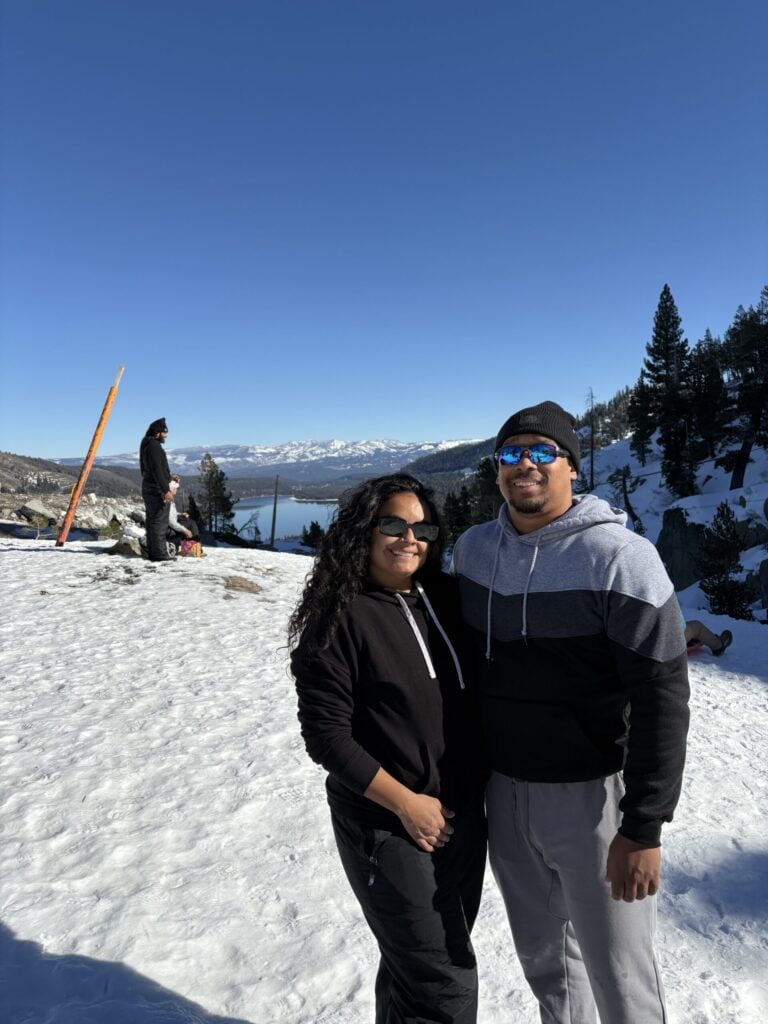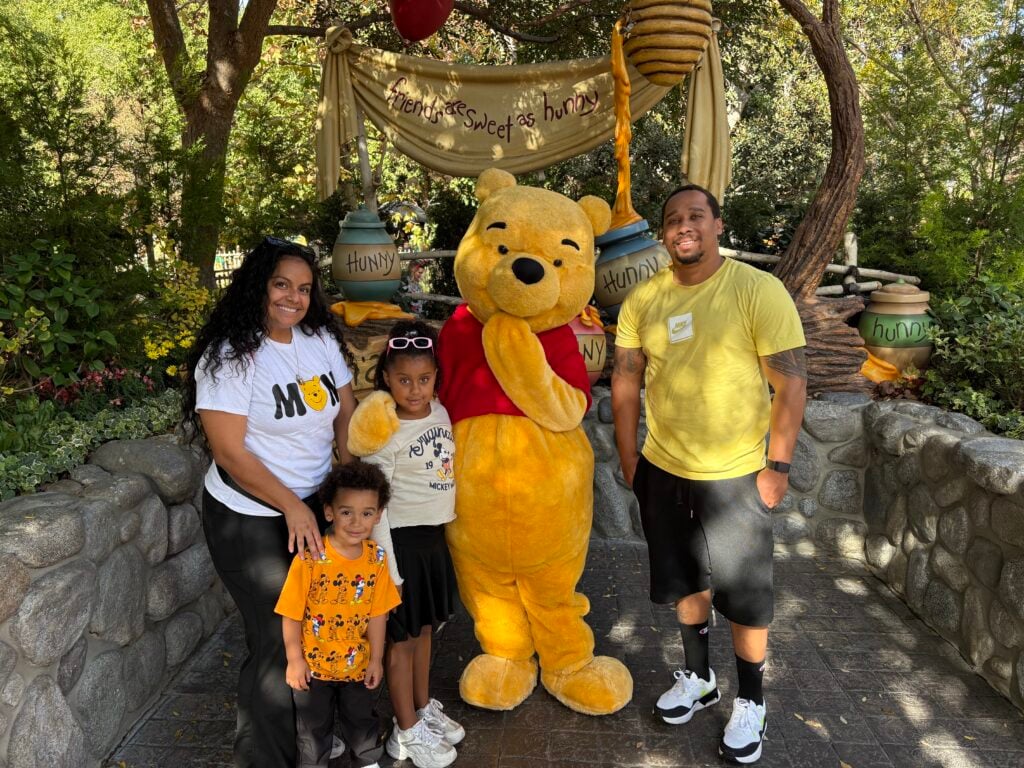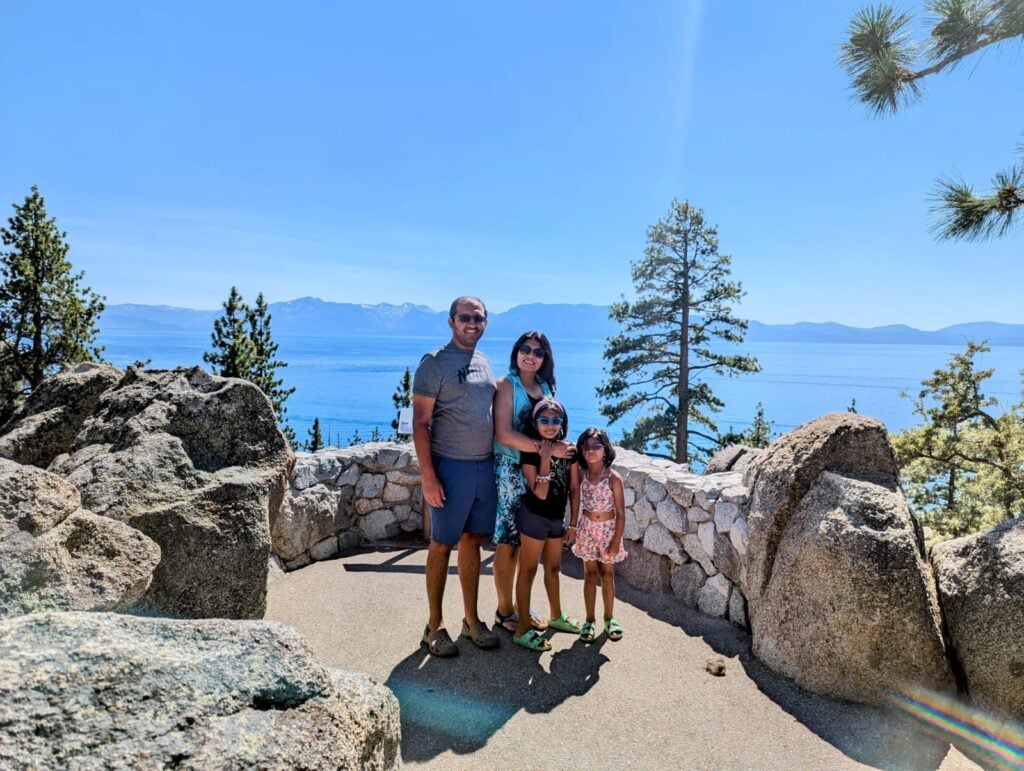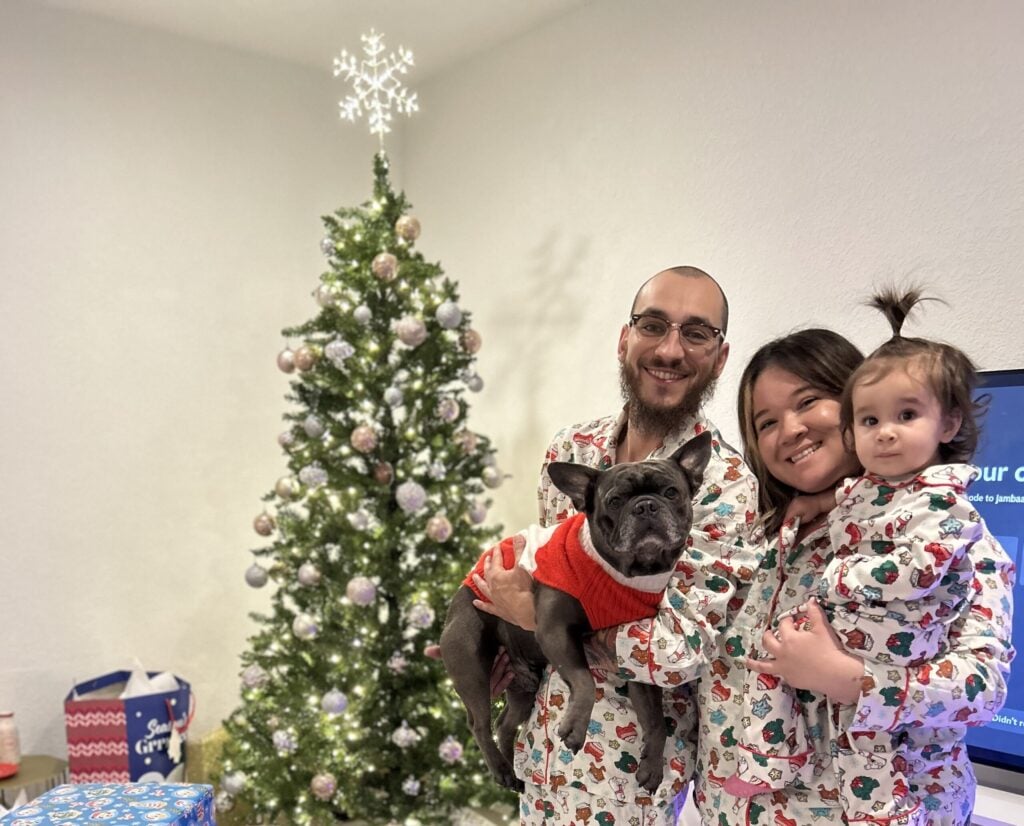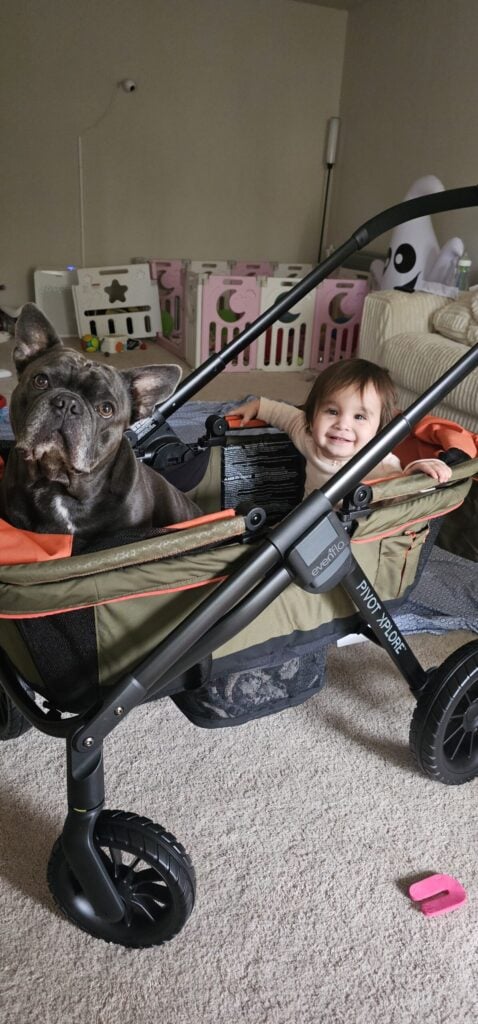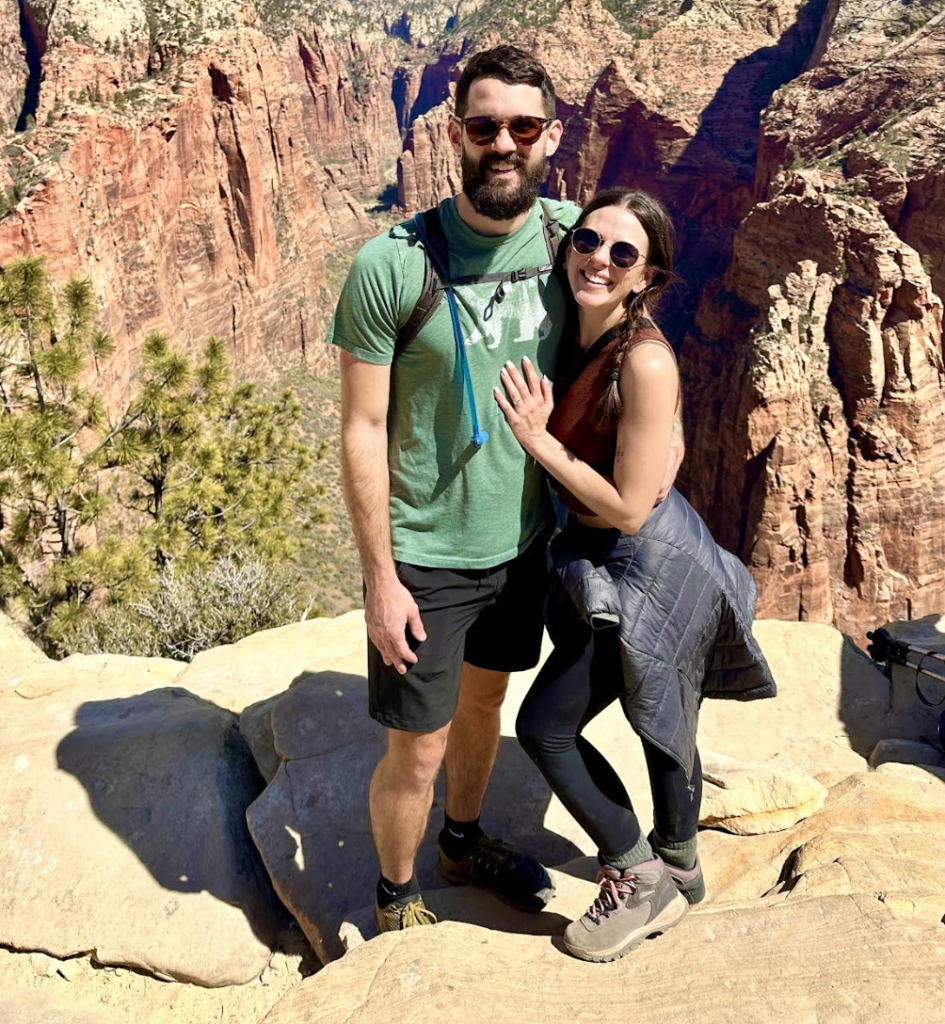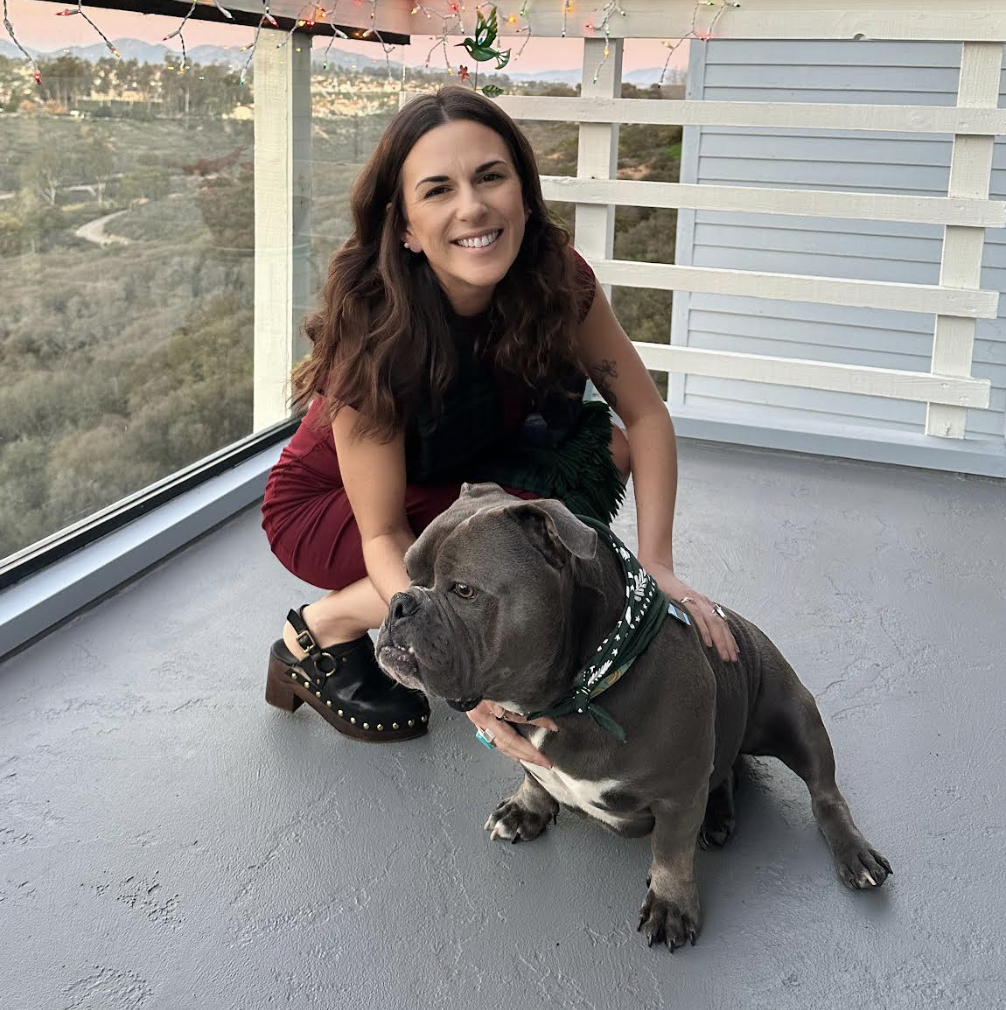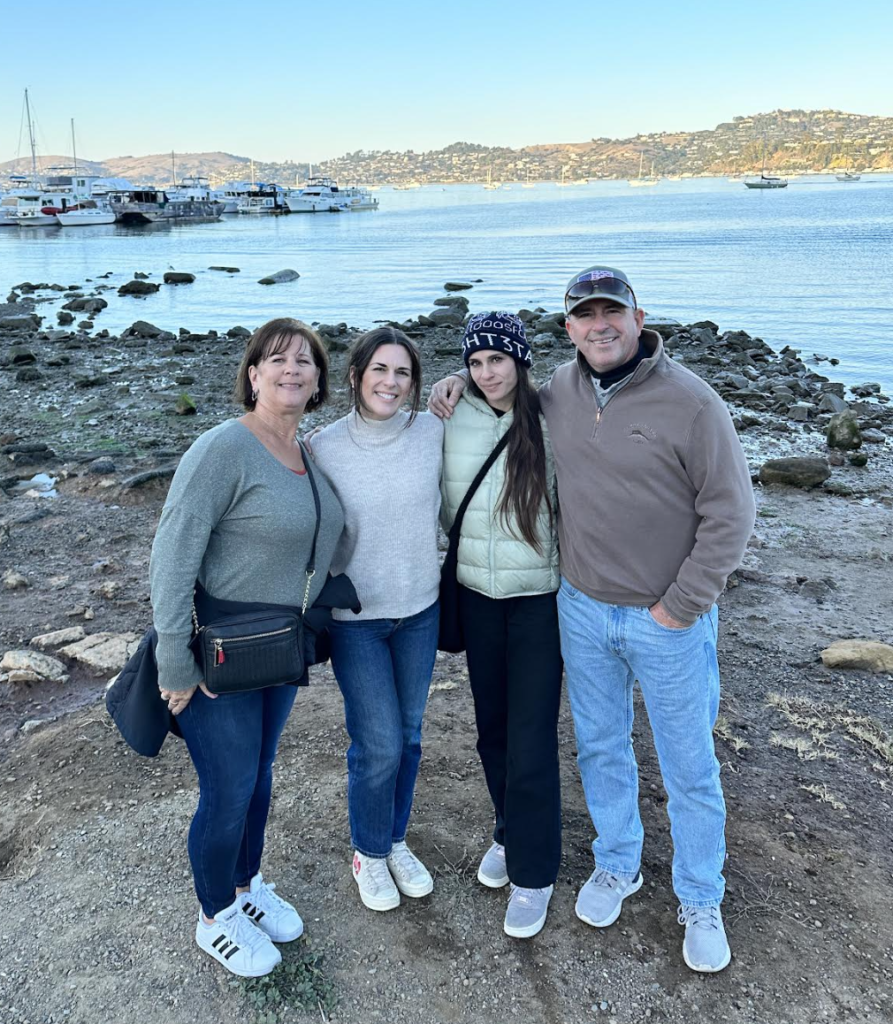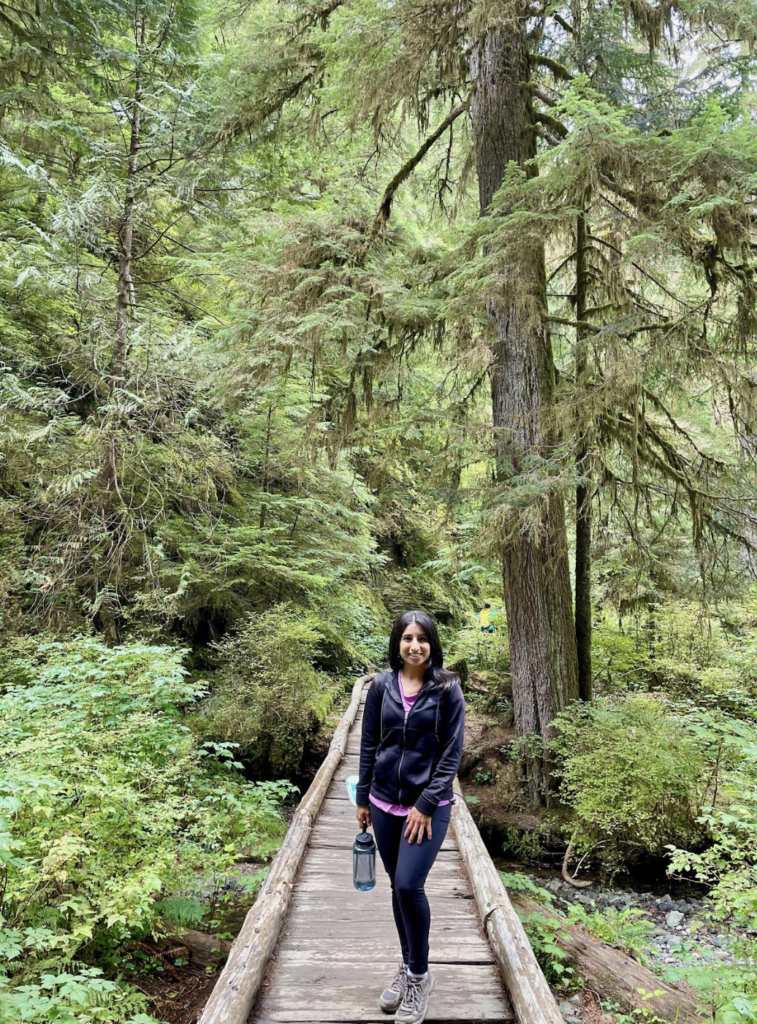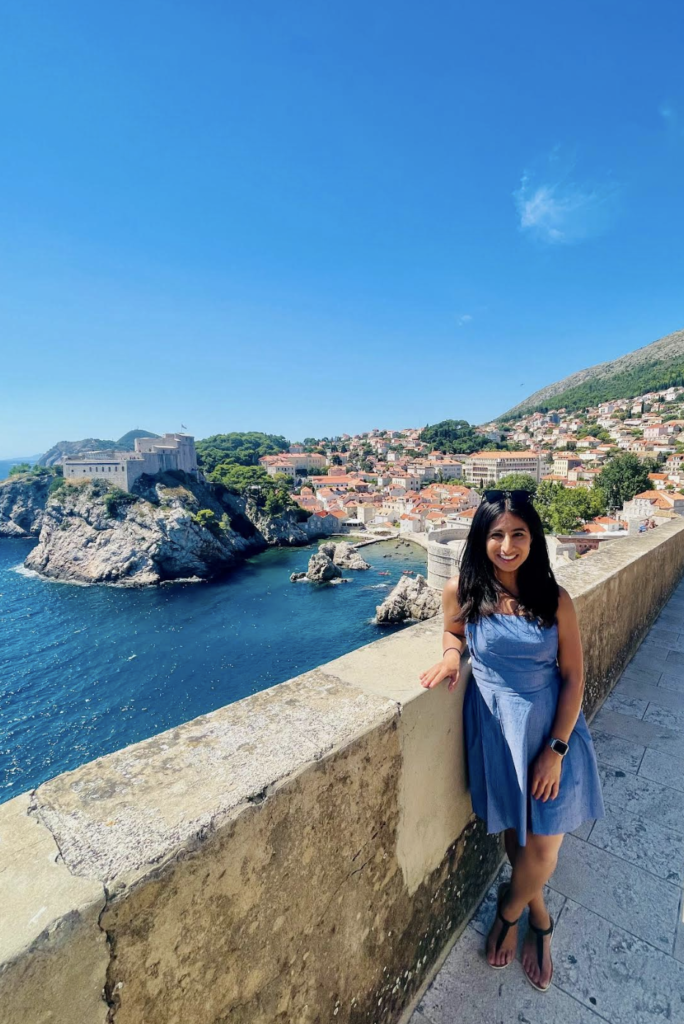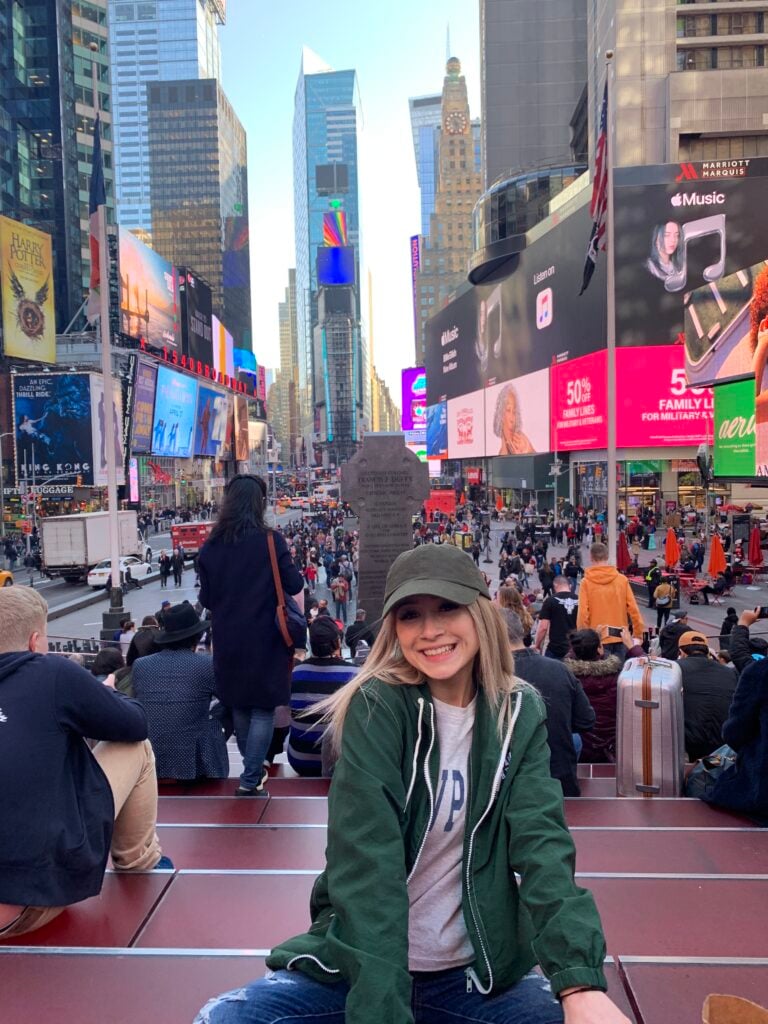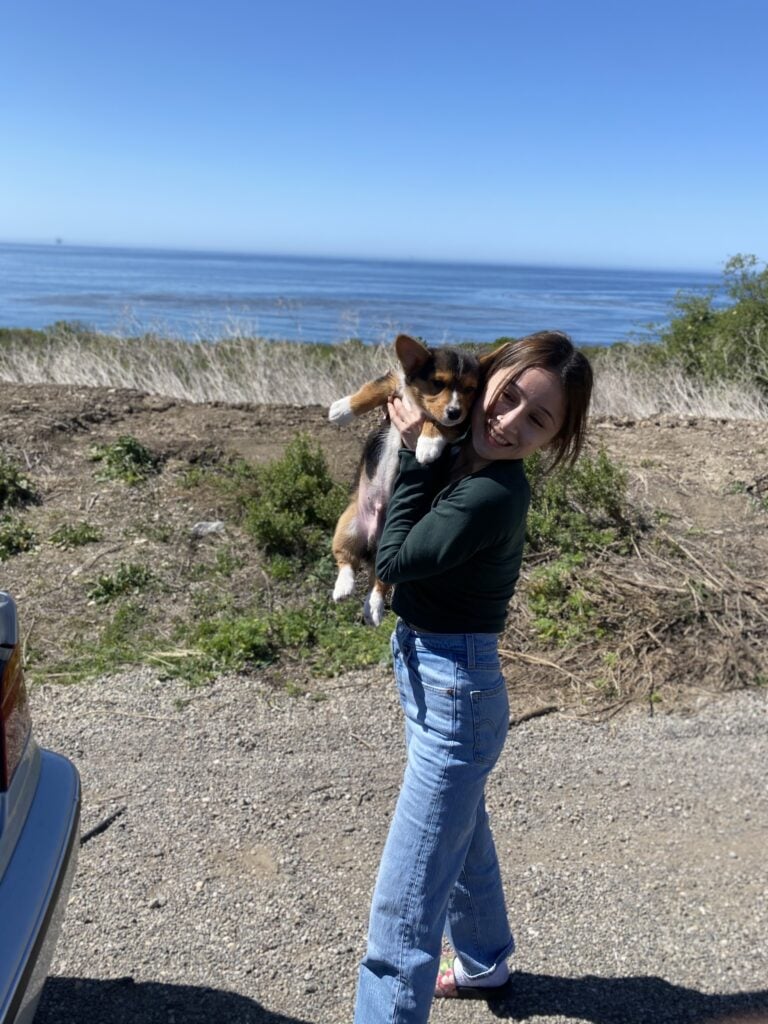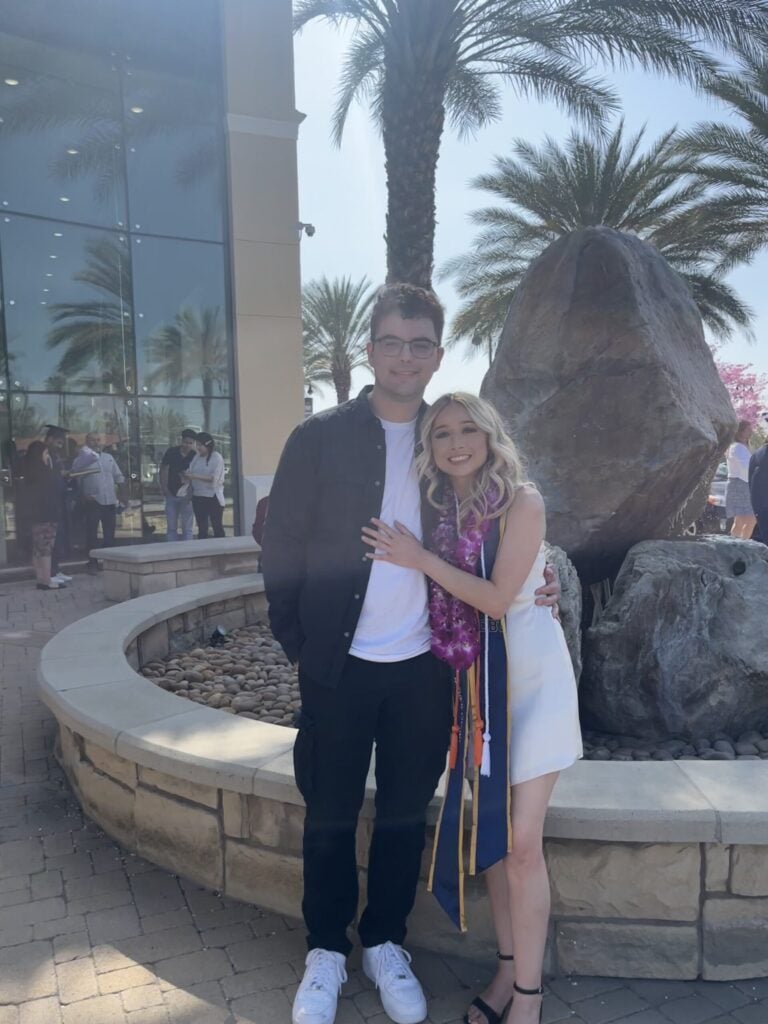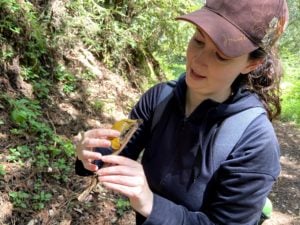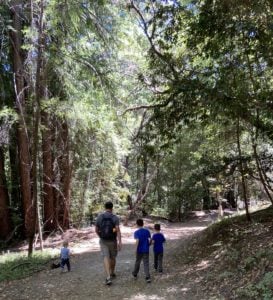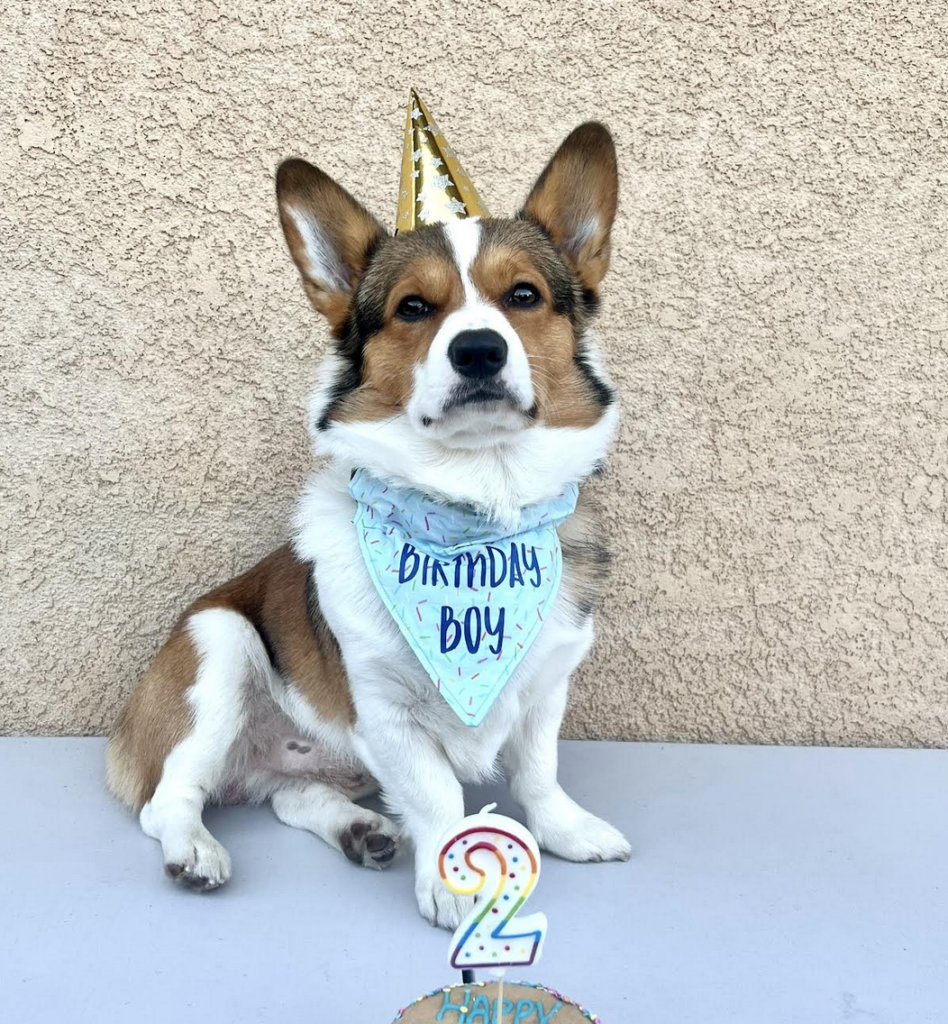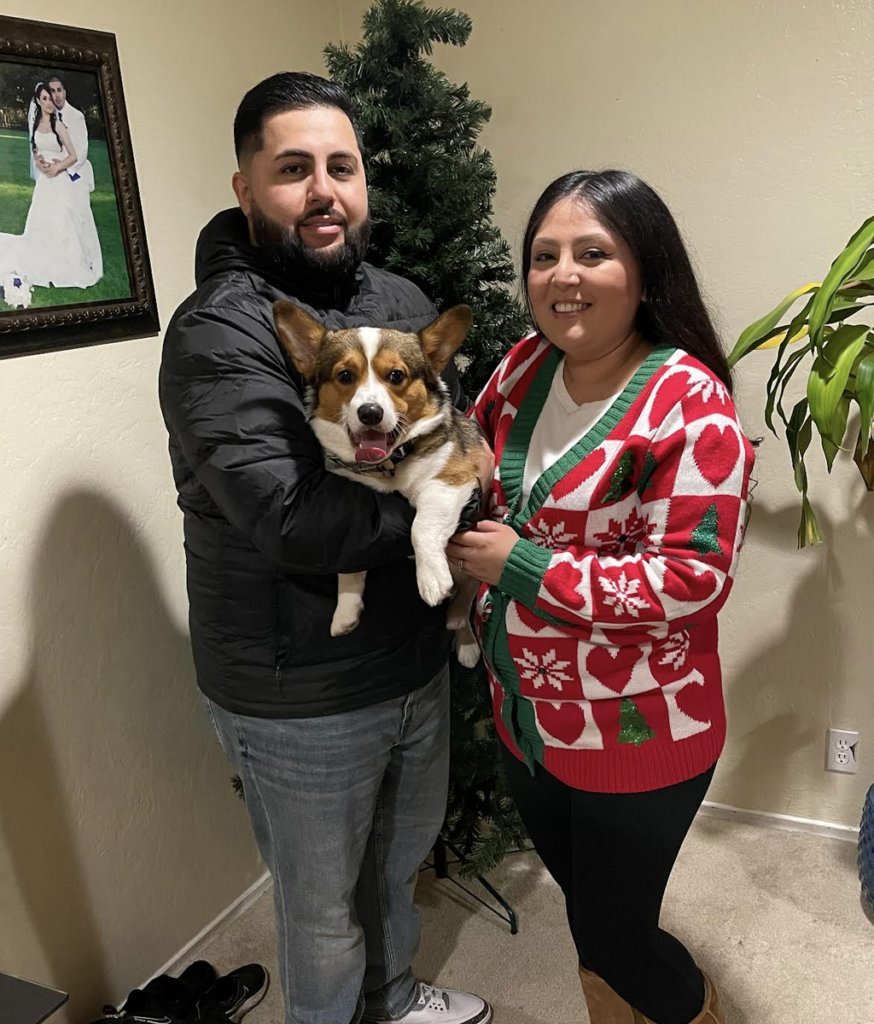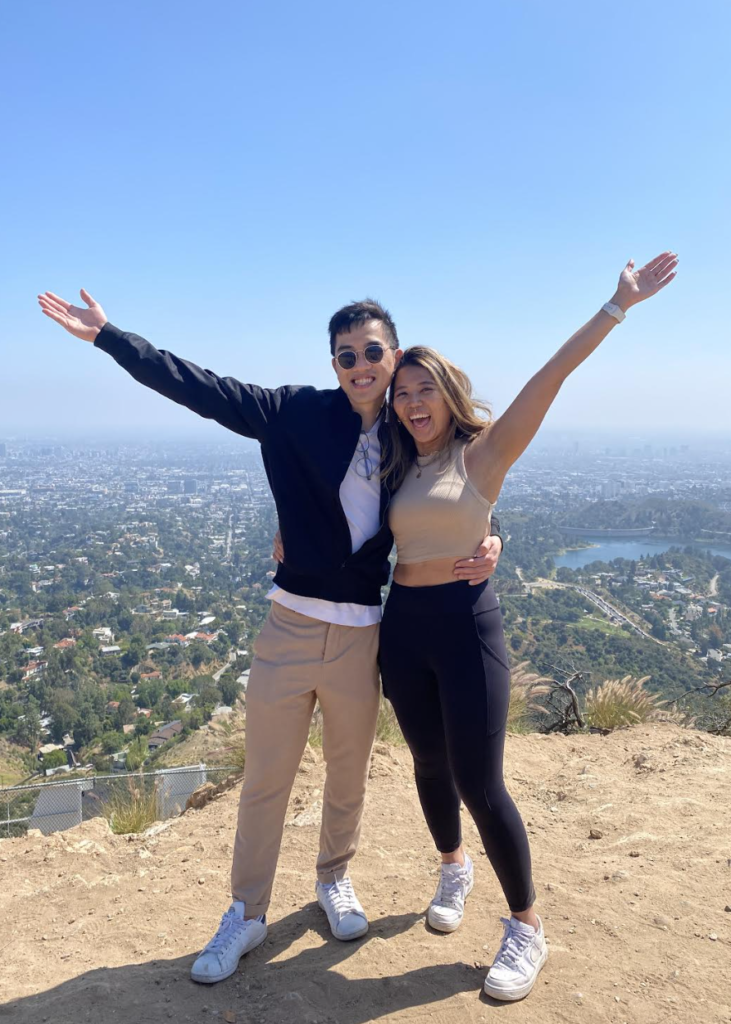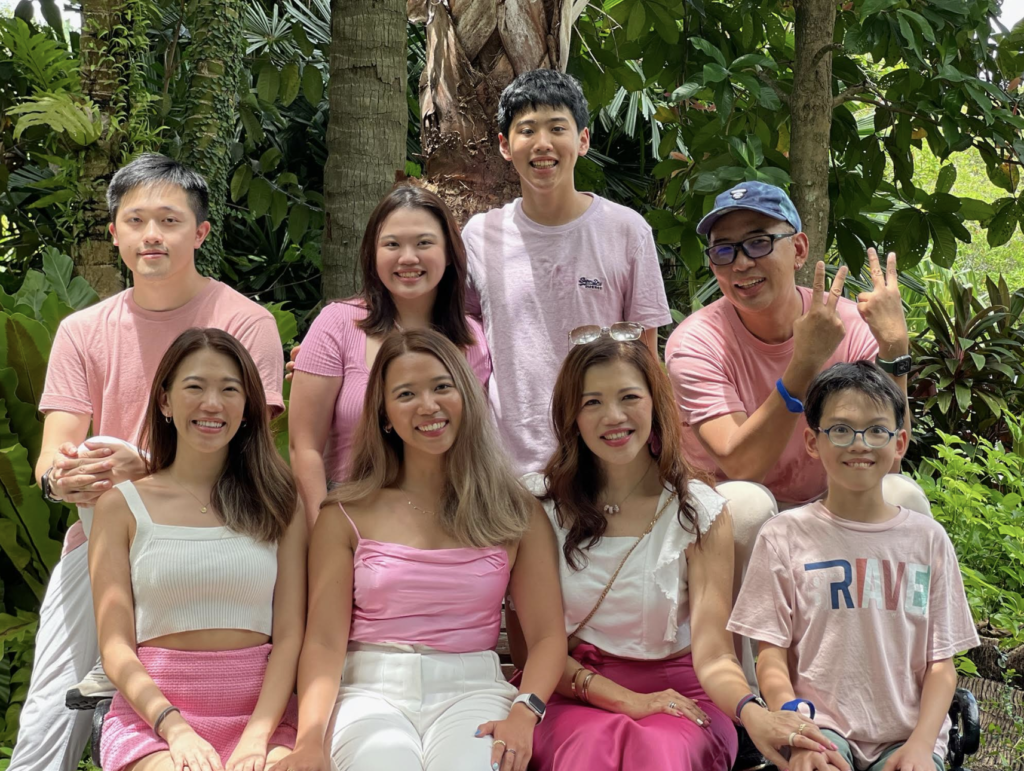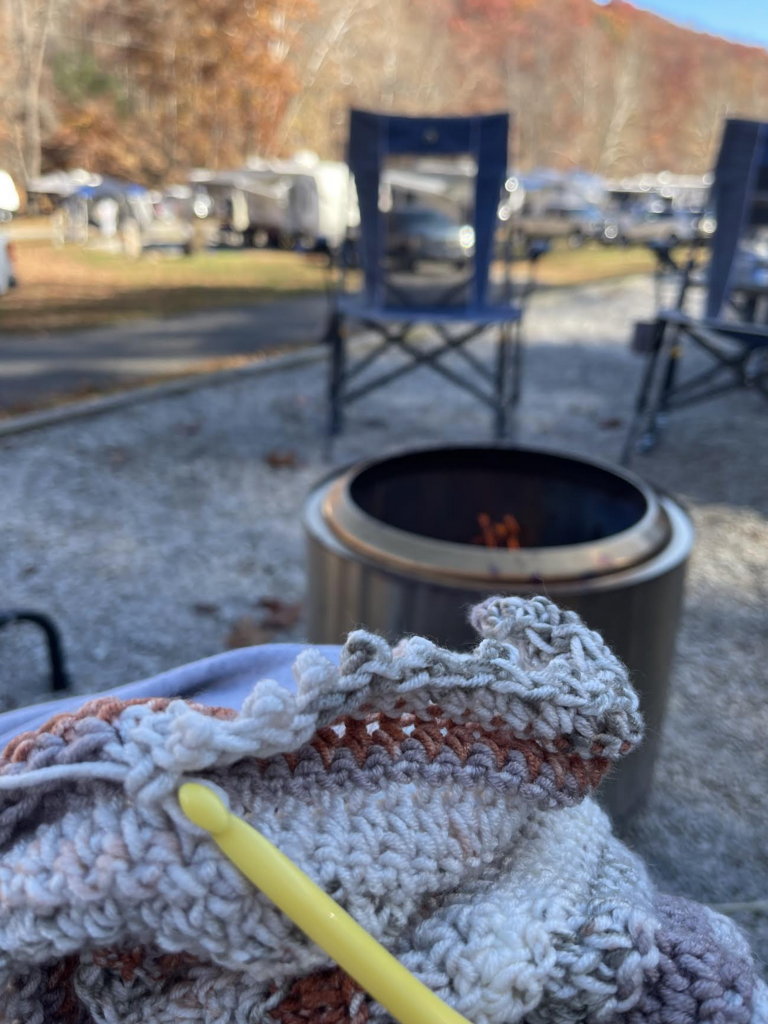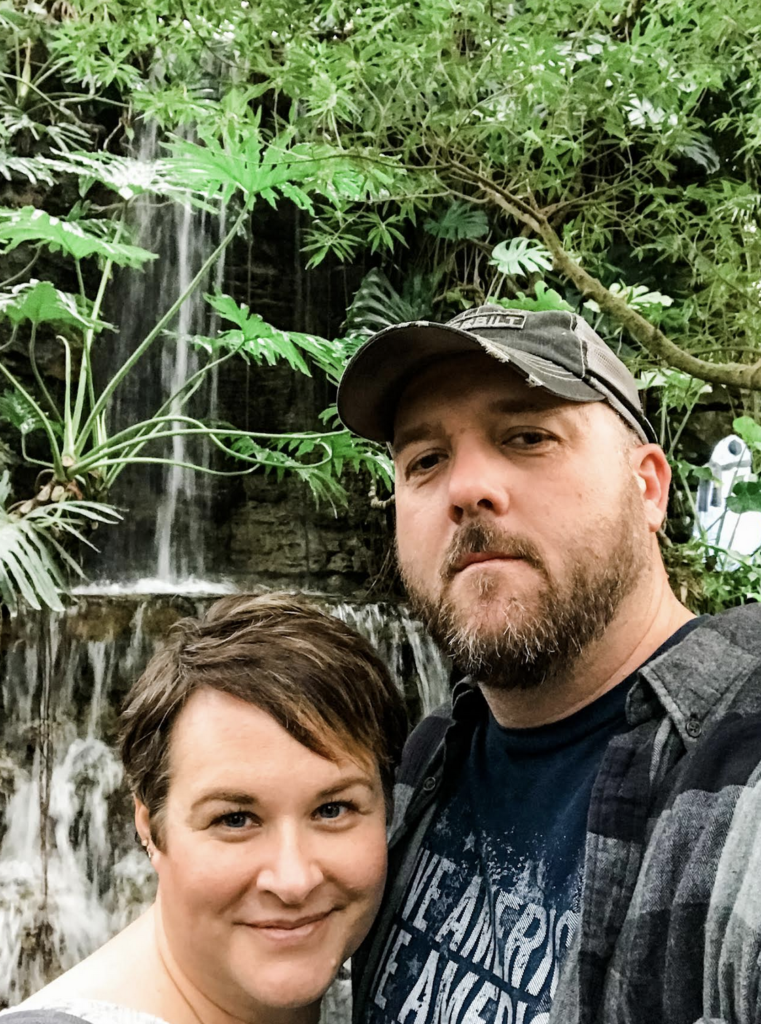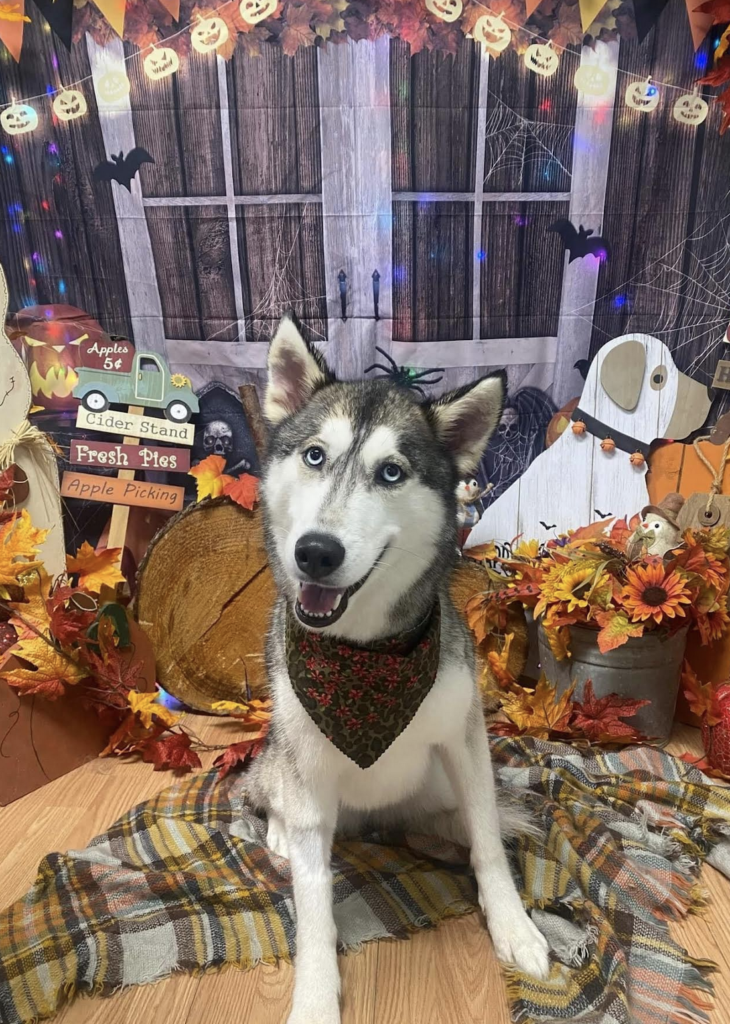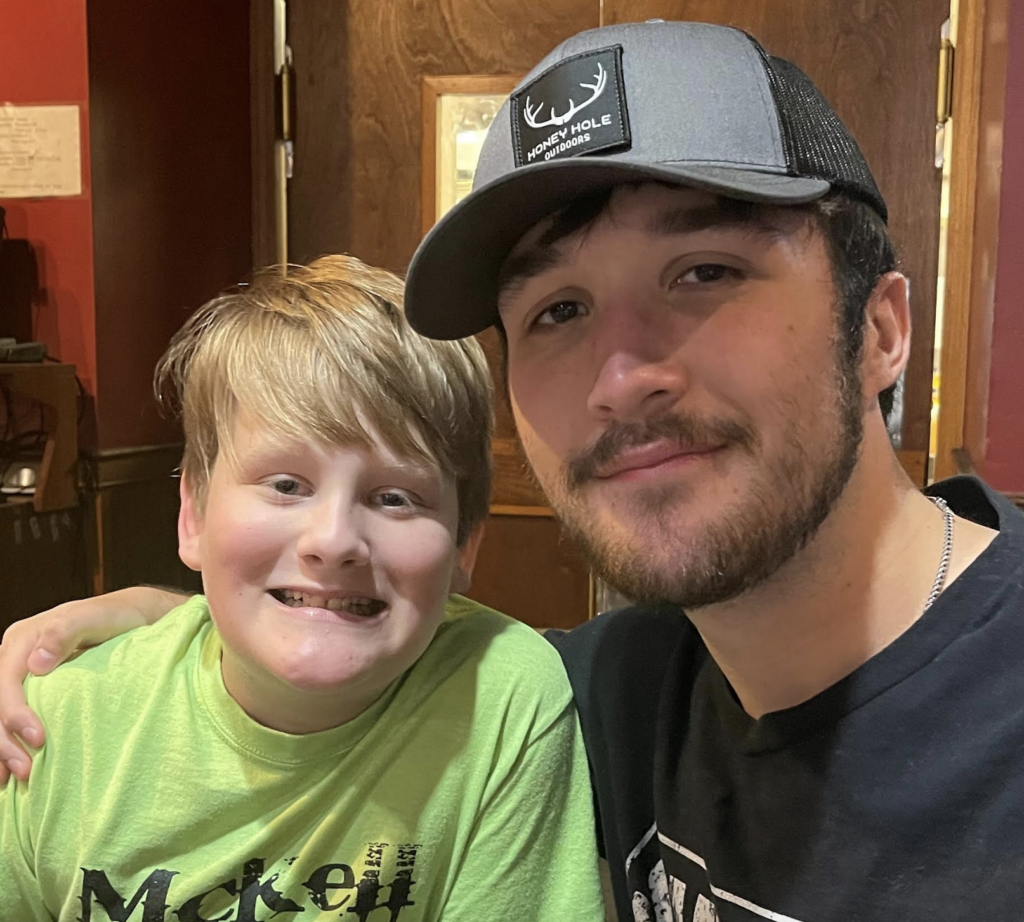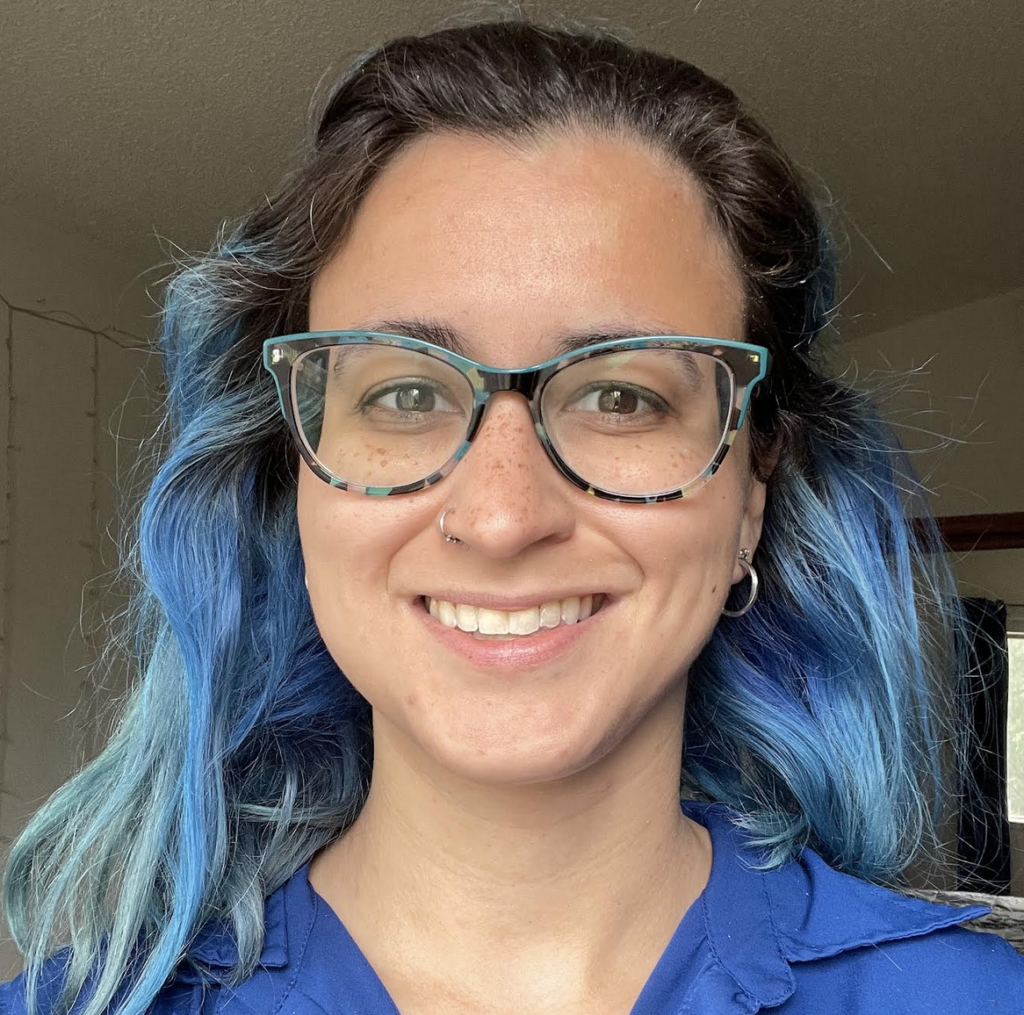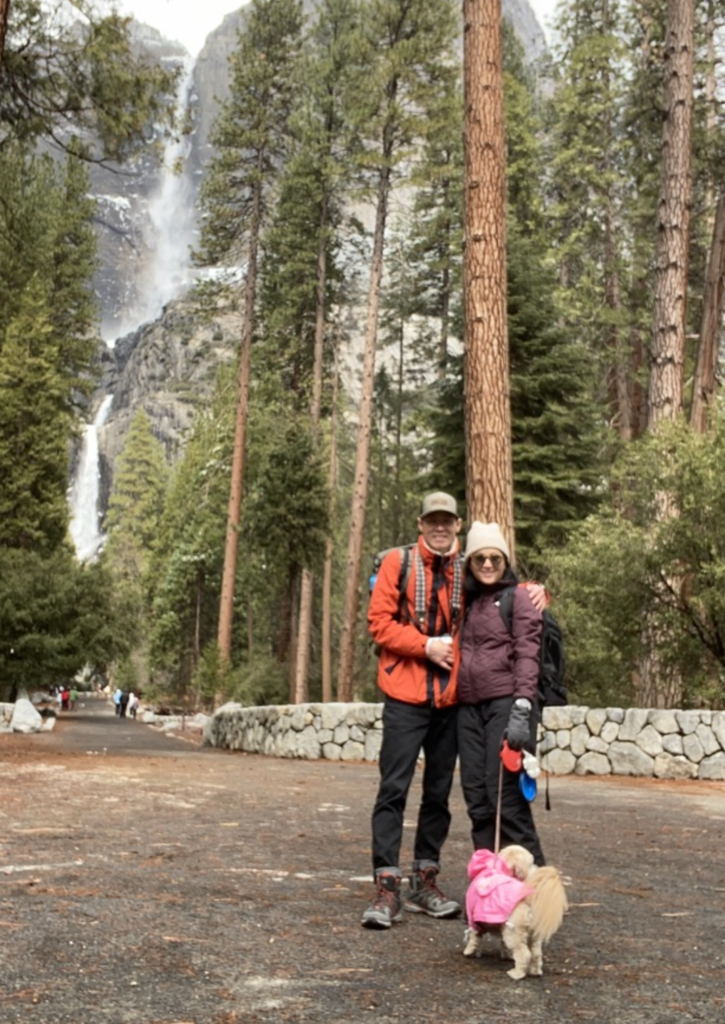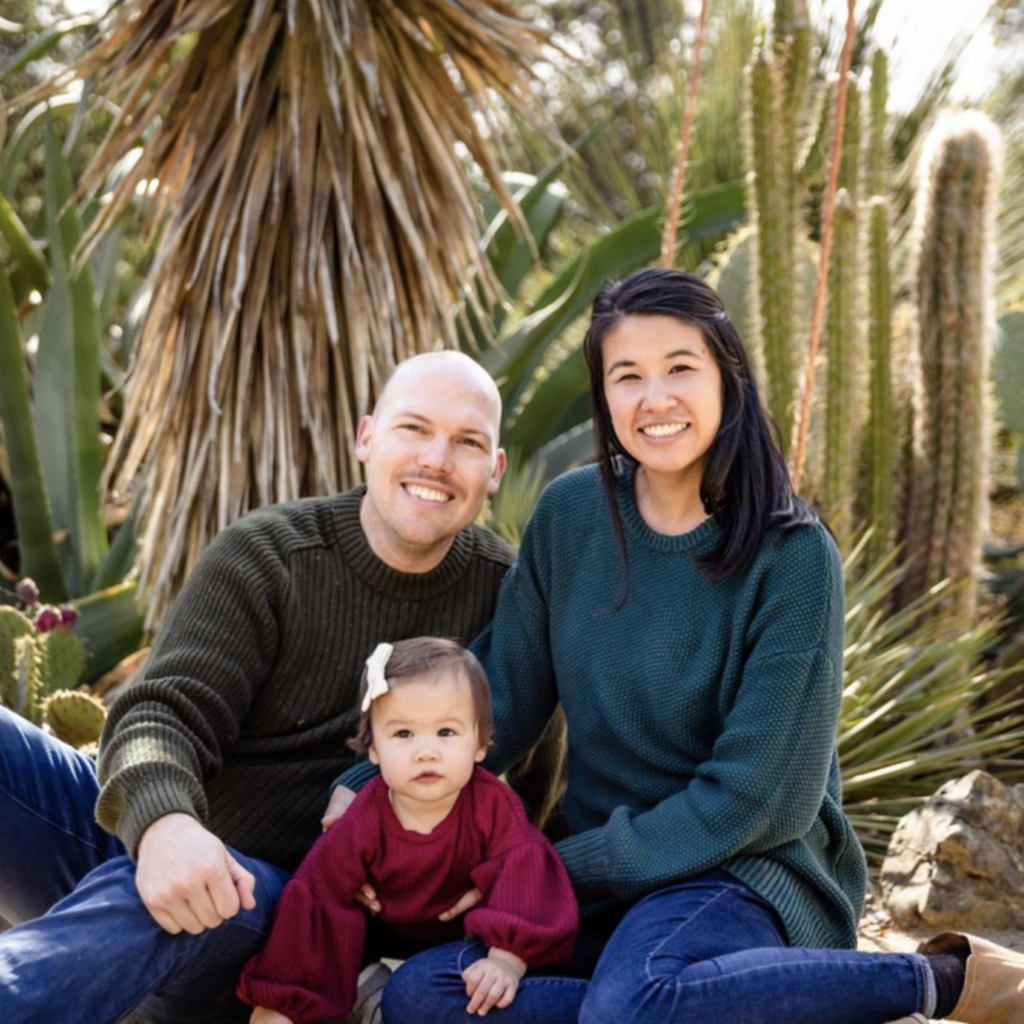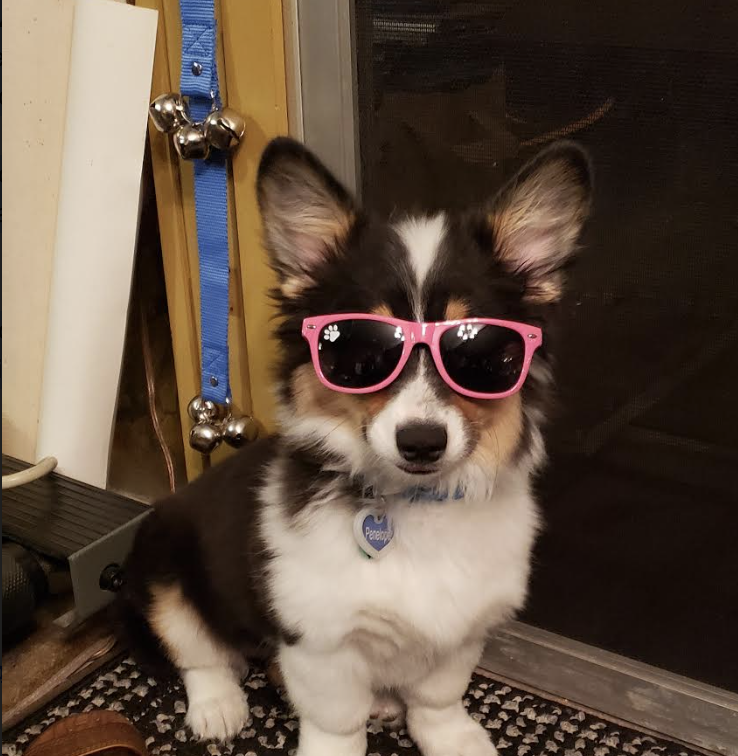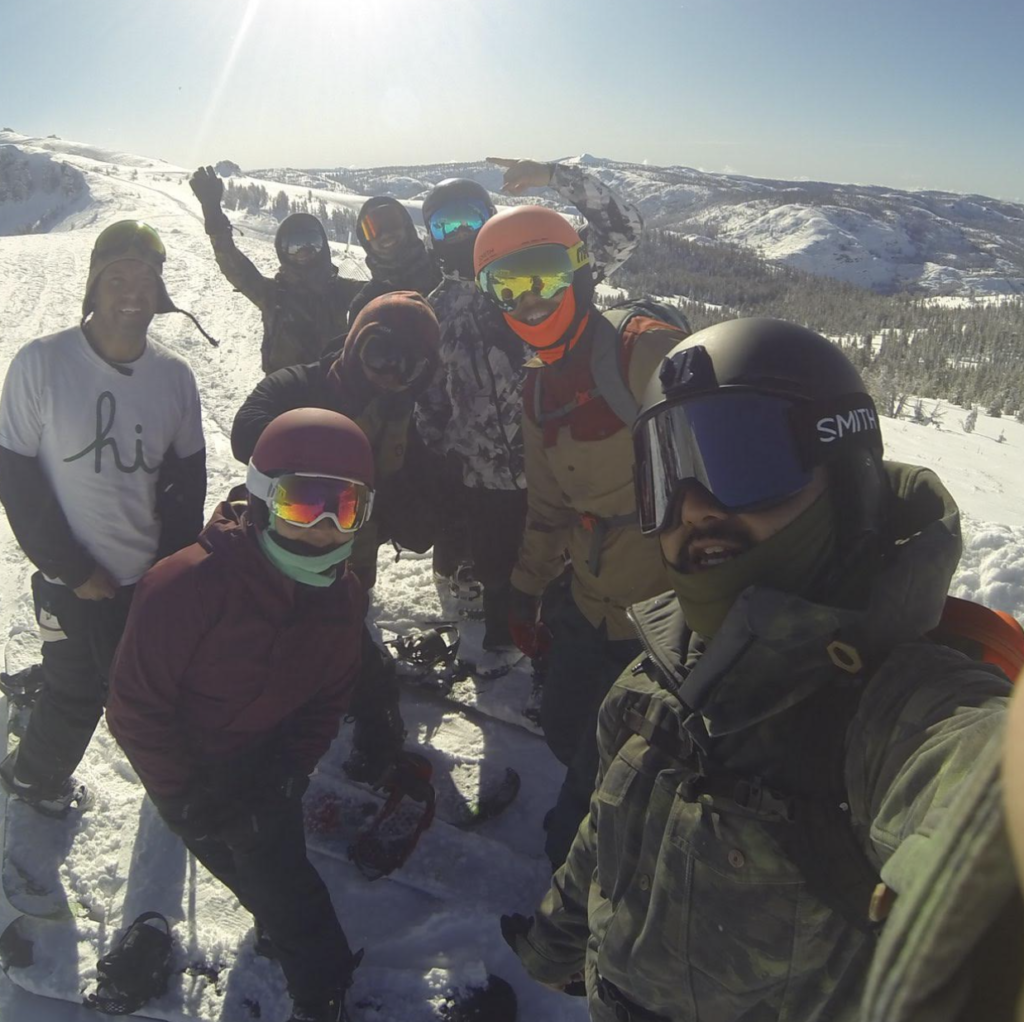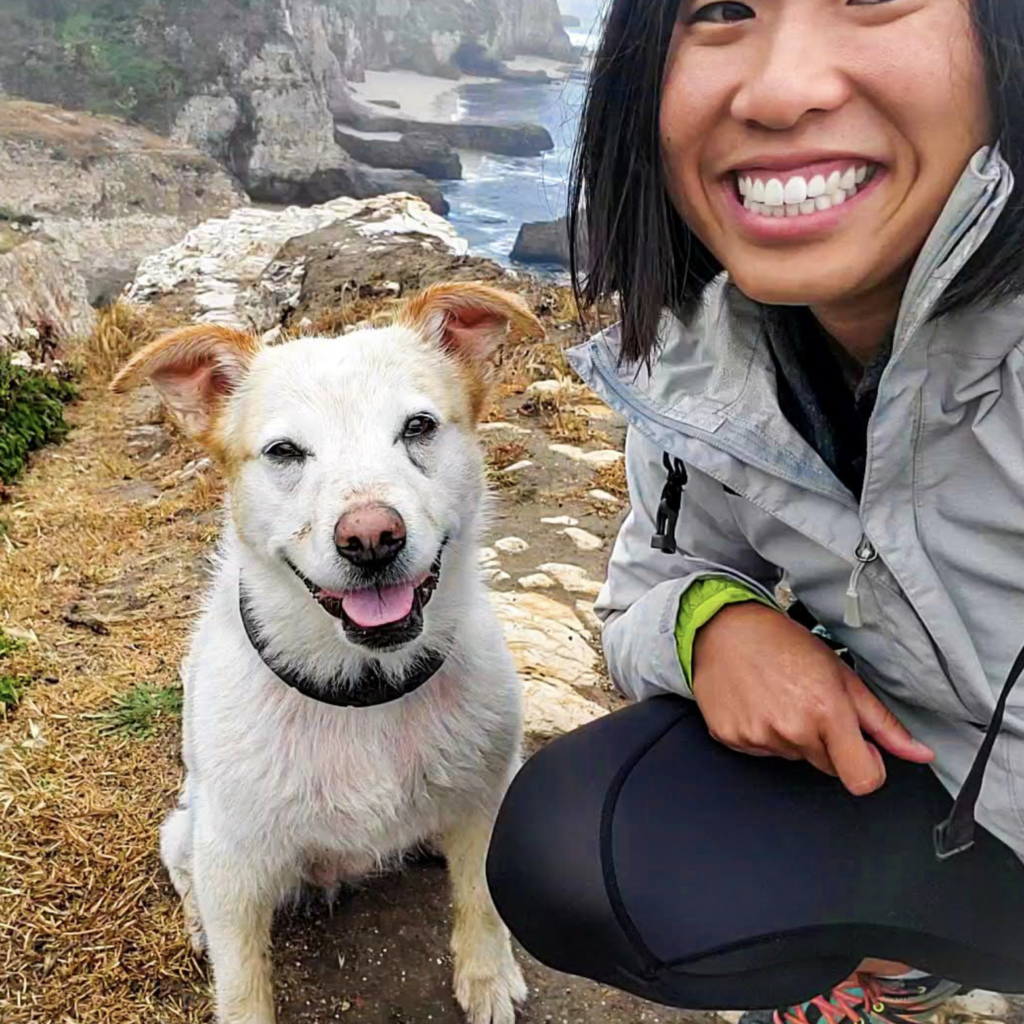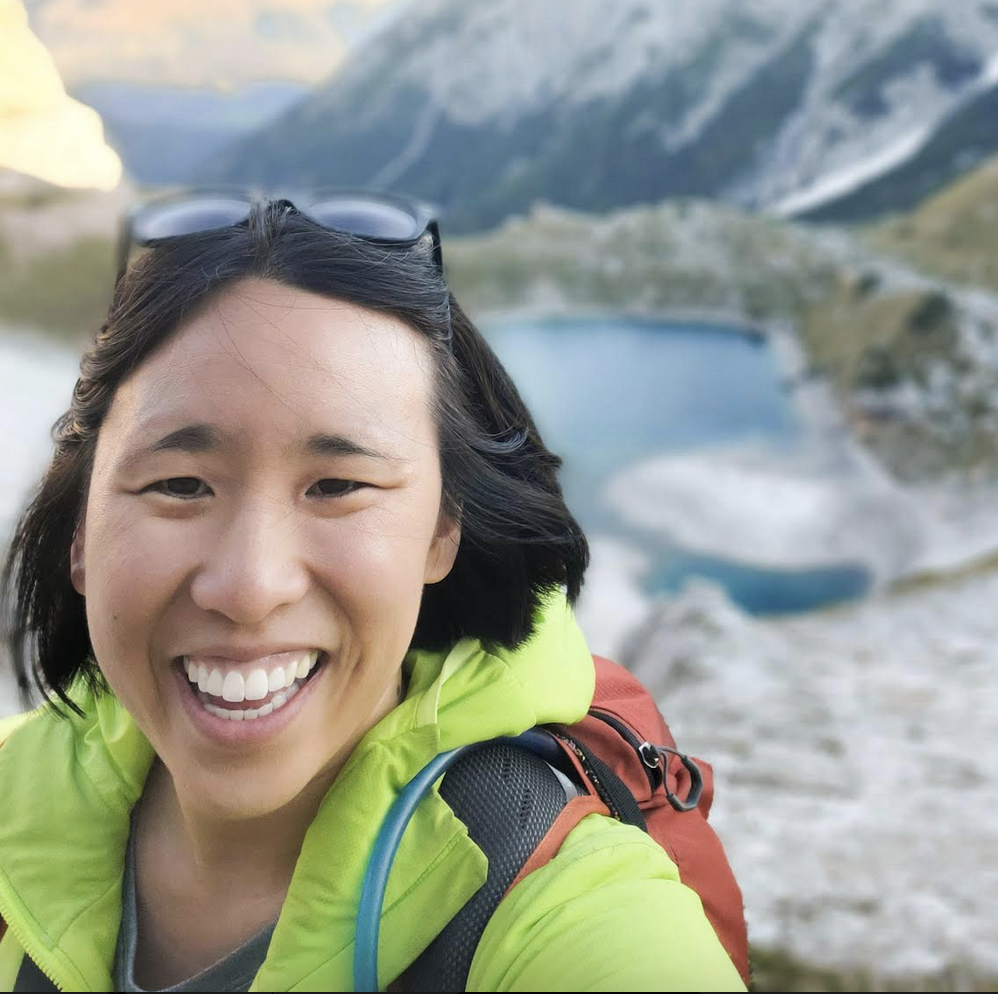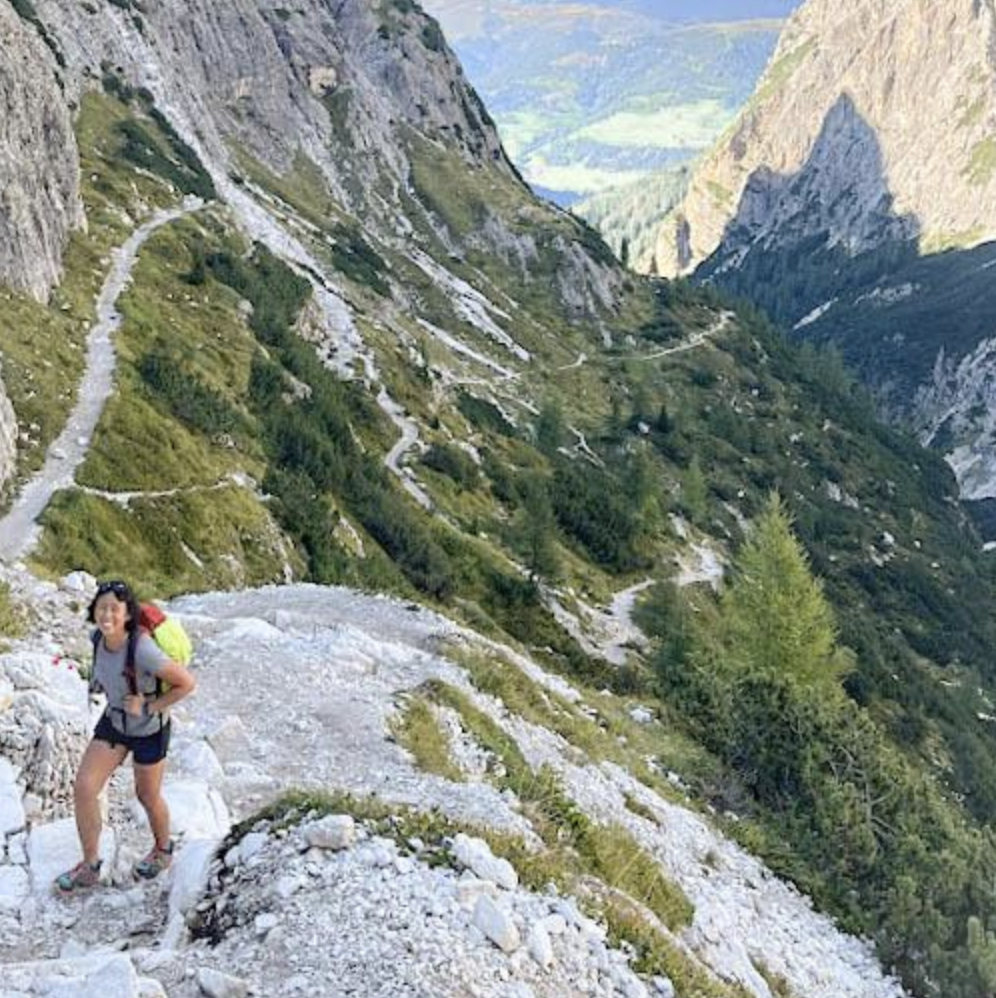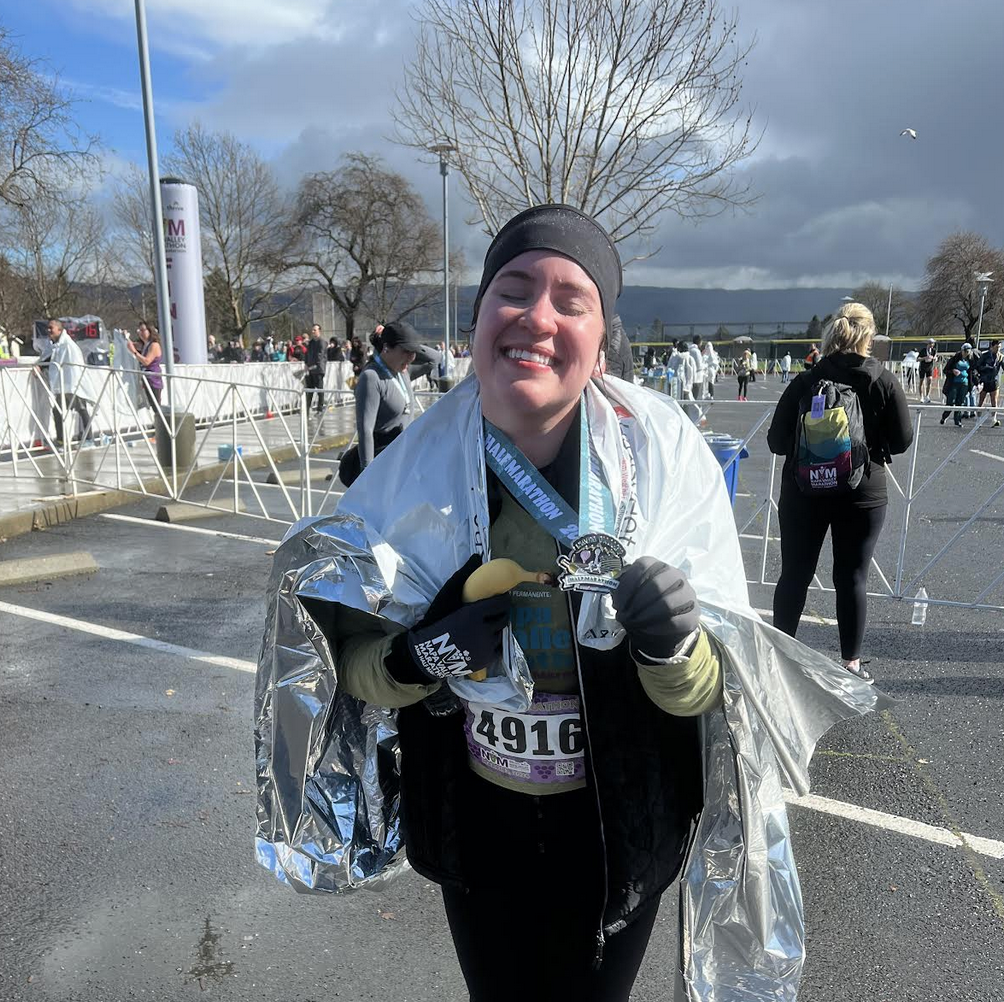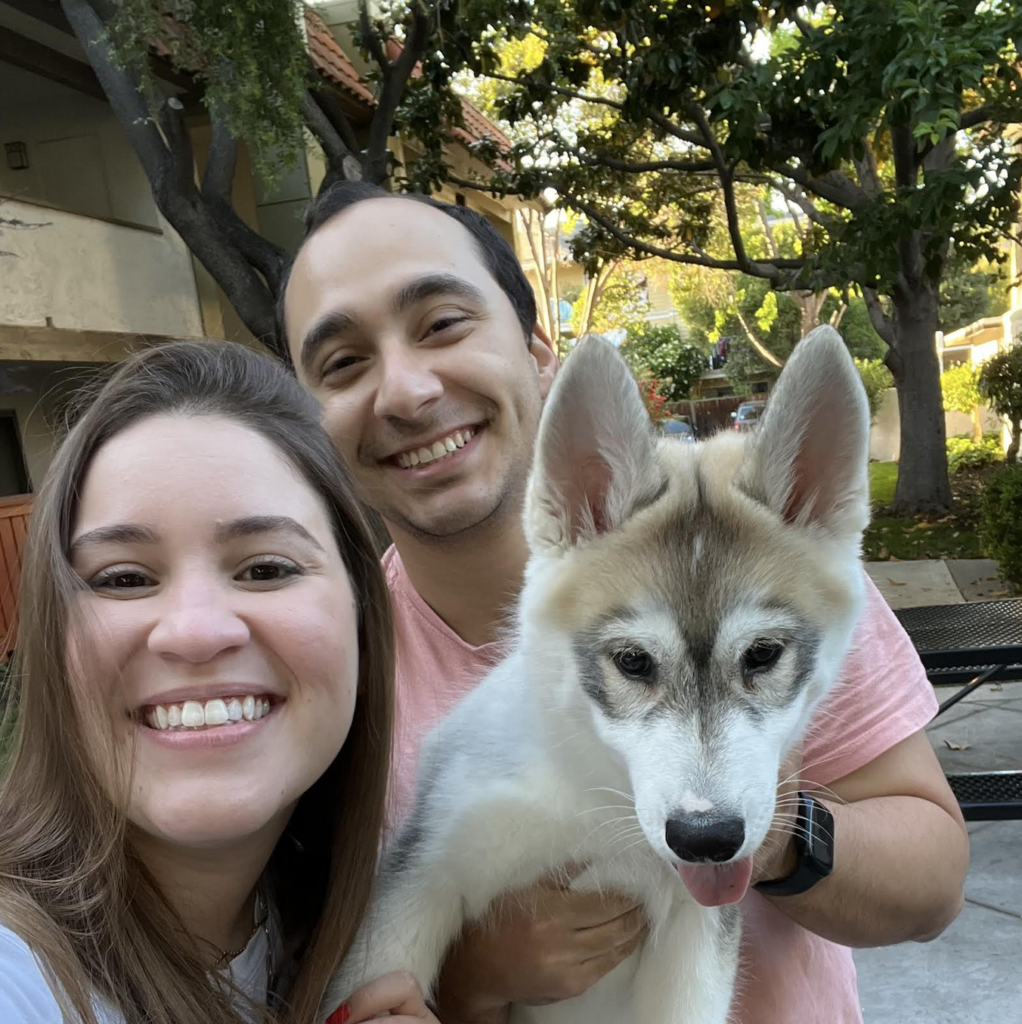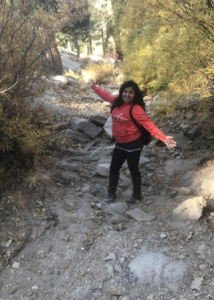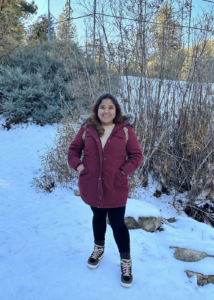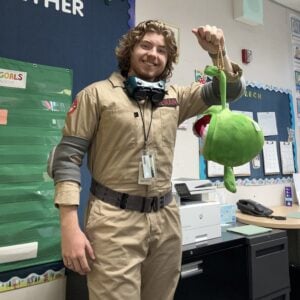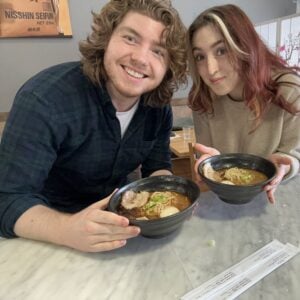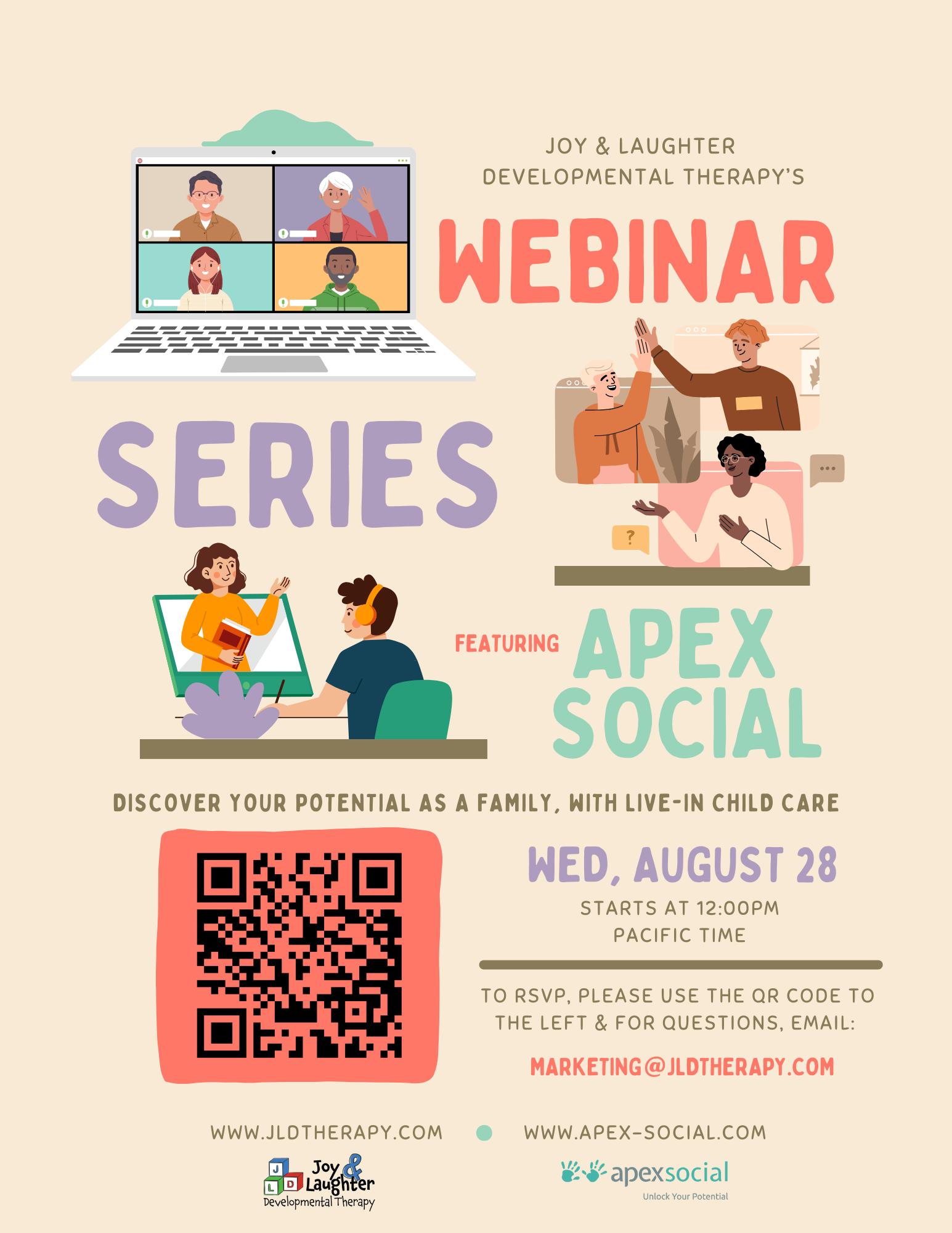
About Amanda, our Host Mom
Amanda, a Board Certified Behavior Analyst (Clinician) based in Northern Virginia, connected with Apex Social through LinkedIn. She has now been a host mom through Apex for a year.
What does the process look like for finding live-in care with Apex-Social?
Apex Social has a dedicated matching team that carefully pairs families with care professionals, most of whom come from Germany. These professionals include occupational therapists, speech-language pathologists, physical therapists, special needs care providers, educators, and pediatric nurses.
The process begins with families creating a bio on the website, which is then used to display potential candidates. Families can review these candidates and select those they’d like to interview. A matching team also interviews the family and conducts a personality test to ensure compatibility between the family and the care professional (CP).
The CPs undergo a thorough matching process that includes several interviews. Families typically participate in 3-4 interviews, with guidance provided to prepare them for each one. After the interviews, a match is made, and the selected candidate begins the process of obtaining a visa and other necessary documentation. It’s a highly personalized and detailed matching process.
What has your experience been like?
“I don’t think anything is ever perfect, but it’s a pretty close solution, and I don’t believe in perfectionism. I think it’s really allowed me, as a mother and as a family member, to have more of my time back because I was constantly the caregiver, the case manager, the mom, the educator, the doctor appointment maker—everything—on top of just raising children. So, I think it’s allowed us to have freedoms, like being able to go more into the public, do things, and be in the community more. It’s also helped with private events at home, such as me being able to read a book, sit on the front porch and drink a coffee, or take a shower.
It helps with the generalization of skills from all of his therapies and has relieved my husband and me from constantly managing all those critical small details that matter. I also think they bring a nice cultural component, and the matching team, along with the team that supports the CPs and the family when you’re actually living together, are excellent. They help with troubleshooting and have a global picture of the family and the CP, working with them through goals and things that need to be done. They also create treatment plans with you, so there are lots of different things that I do like about it.”
Was it easy to communicate with Apex-Social when you needed help?
“If I had a phone call, within that day or the next day, absolutely, from the care team to handle anything that was happening in the home with the CPs.”
How long do CPs typically stay with families ?
“They [Apex-Social] send a contract in the beginning to the families. It’s usually a year, but sometimes it’s 6-9 months. They can extend up to 2 years.
What do the hours look like for the CPs?
“They can work, legally, in the United States, up to 45 hours a week. They can work 3 weekends a month, they have to have 1 weekend off a month. And if they work during the weekend, they have to have 36 consecutive hours (day and a half) off during the week.”
What are the monetary details? How does insurance work?
“Families do pay an agency fee. My son is actually on a state waiver and that pays for their salaries. The company provides insurance for them, so their health insurance is covered by the company. Now we do cover cellphone, room and board, and car insurance, and a car, but that’s completely up to you. It’s optional, kind of what you negotiate in your contract.”
Do you have any tips or advice for families that are interested in live-in care?
“The biggest thing they offer is a unique, catered system to handle live-in care for special needs parents, families, and host children. They truly care and have big hearts for understanding the dynamics that families and children with special needs go through. The staff that comes over actually has a really good work ethic, and they are genuinely interested in learning about American culture, working with special needs, and enjoying the country as well. So, I think it’s a nice mixture of all that.
If you’re like me, with higher standards, you know that personal care attendants are a dime a dozen, and it’s hard to find the same caliber of quality that I’ve found with live-ins. That would be my biggest takeaway—along with the fact that you’re given back some of the freedoms you had before having a child with special needs. The consistent supervision, oversight, and all those things are very important for us as parents, wives, husbands, siblings, daughters, or whatever roles we have in our lives. It’s crucial to have support for someone who needs a lot of care.
I think the biggest takeaway is the collaboration with the care team, their ability to understand the families, and the relief that comes from knowing your child is safe and being cared for as you would.”
